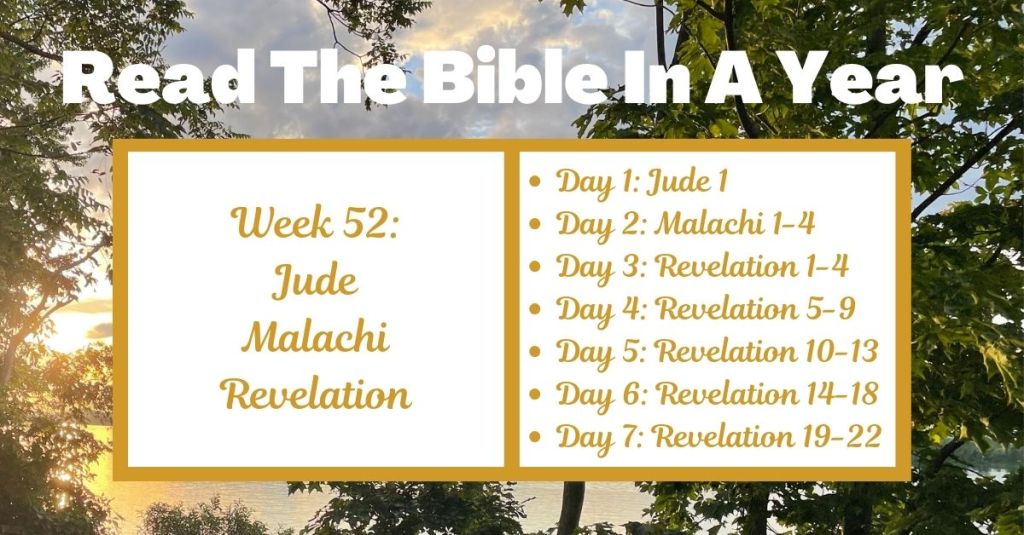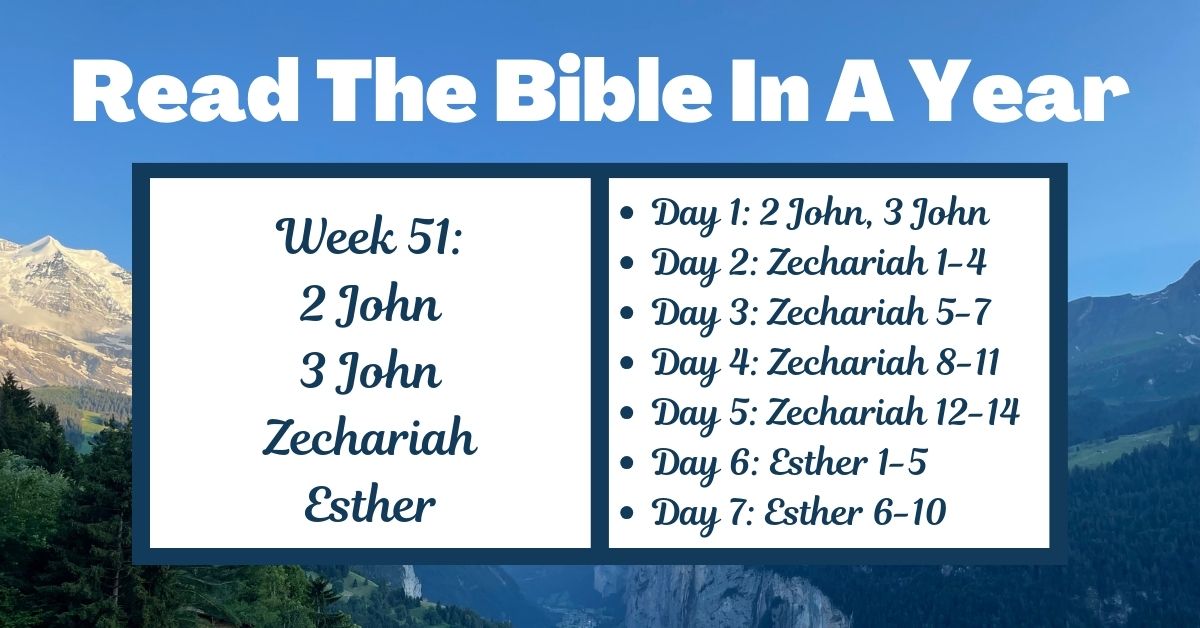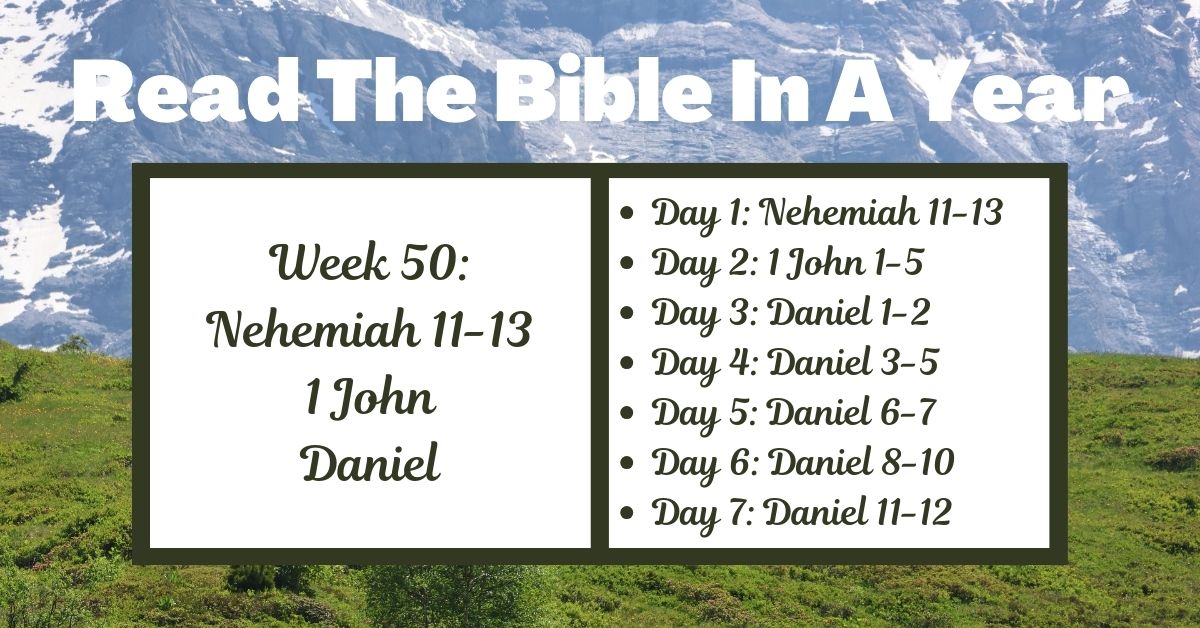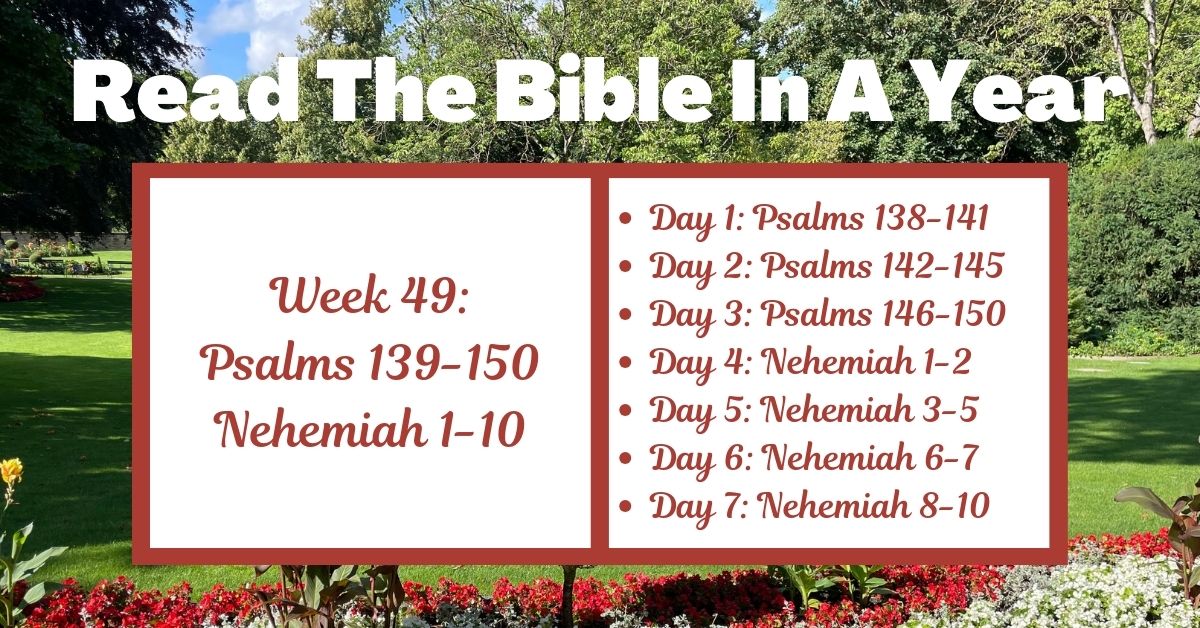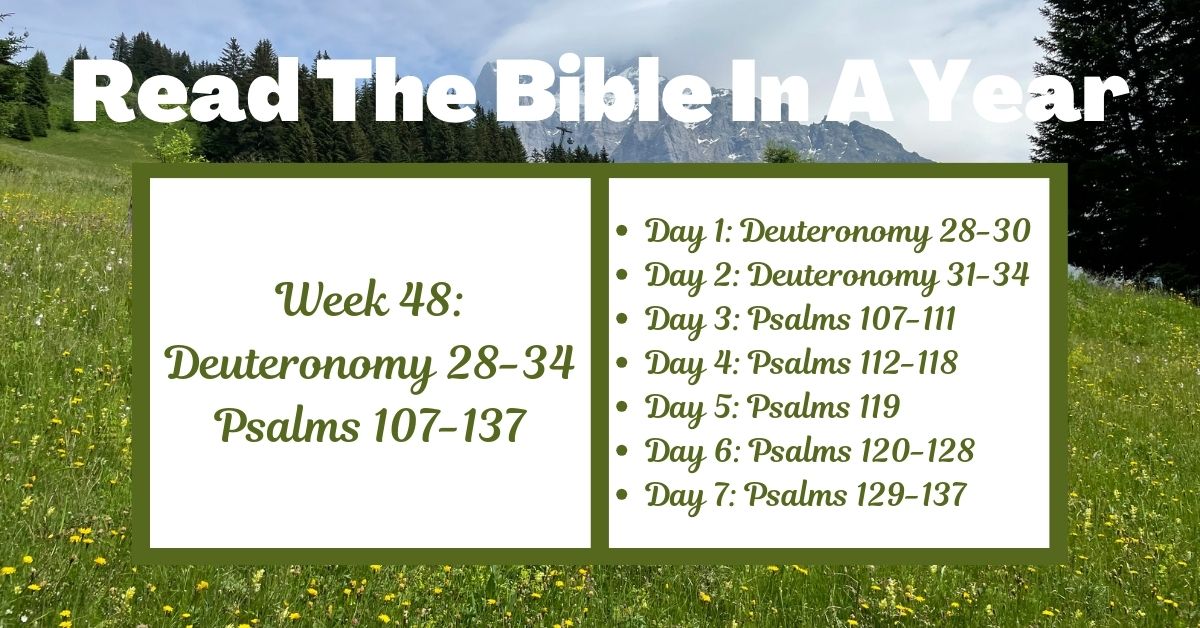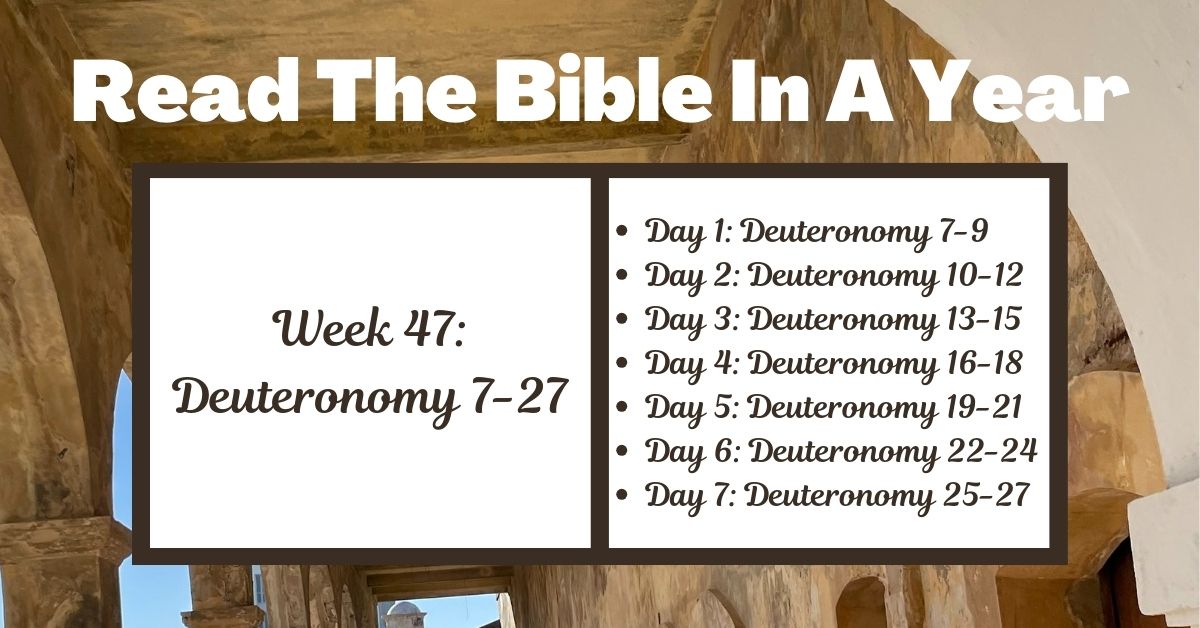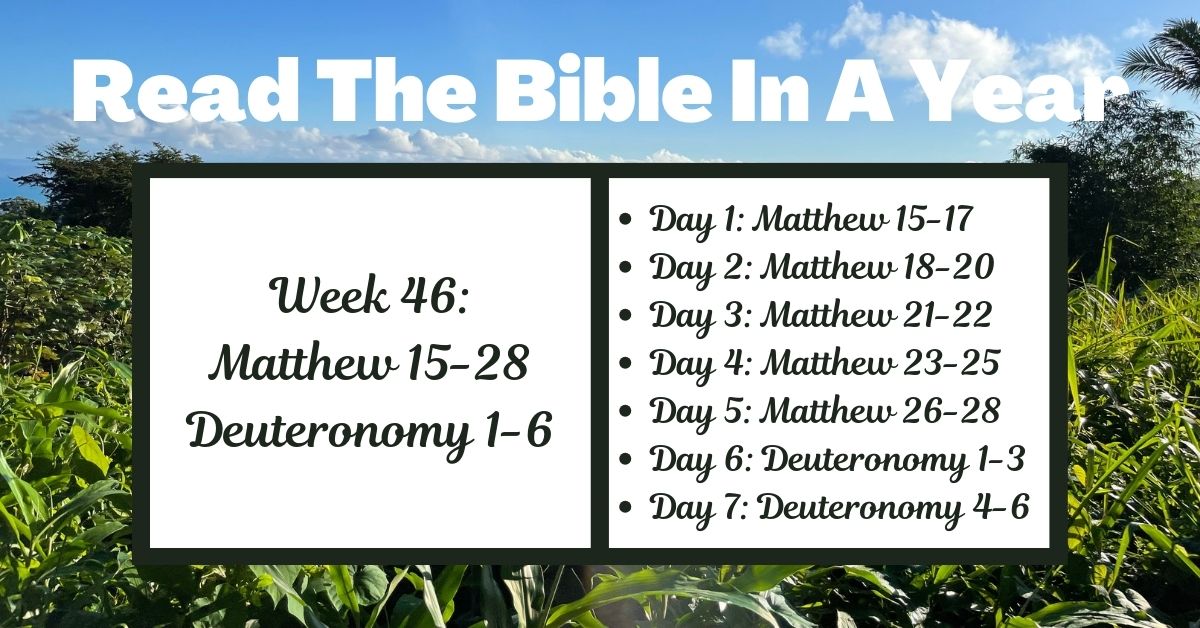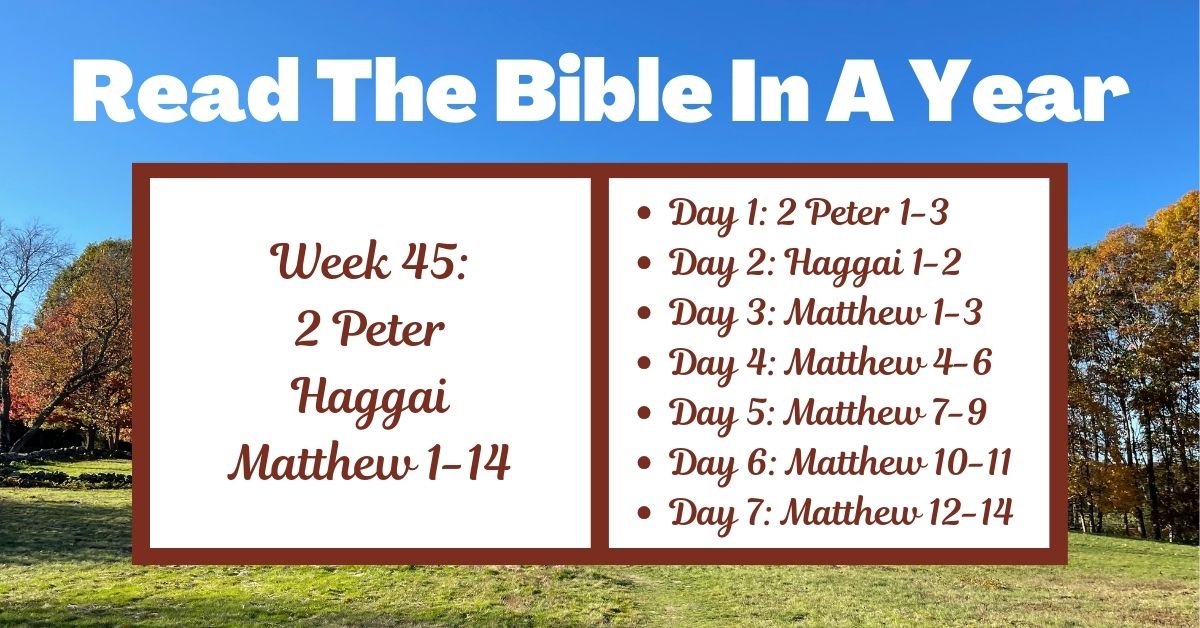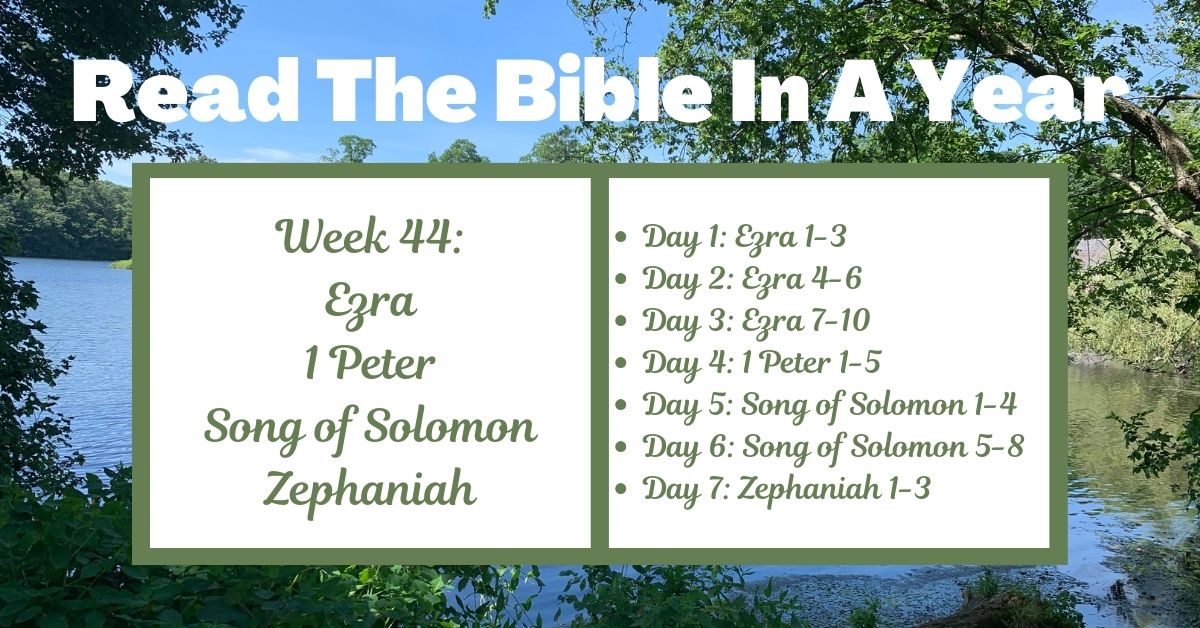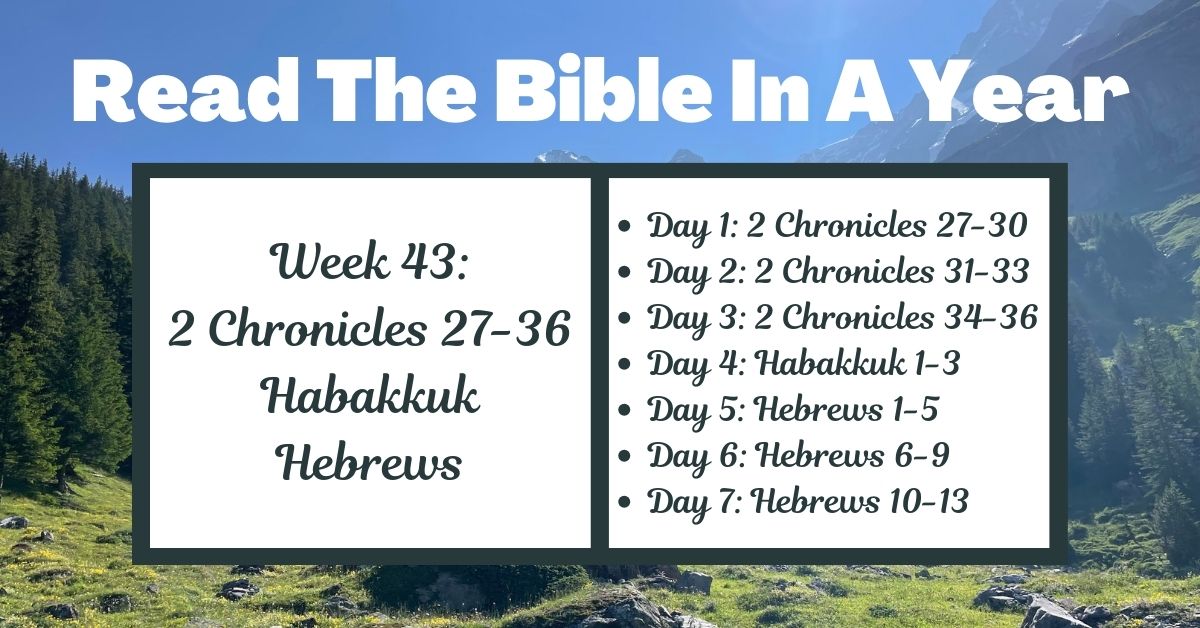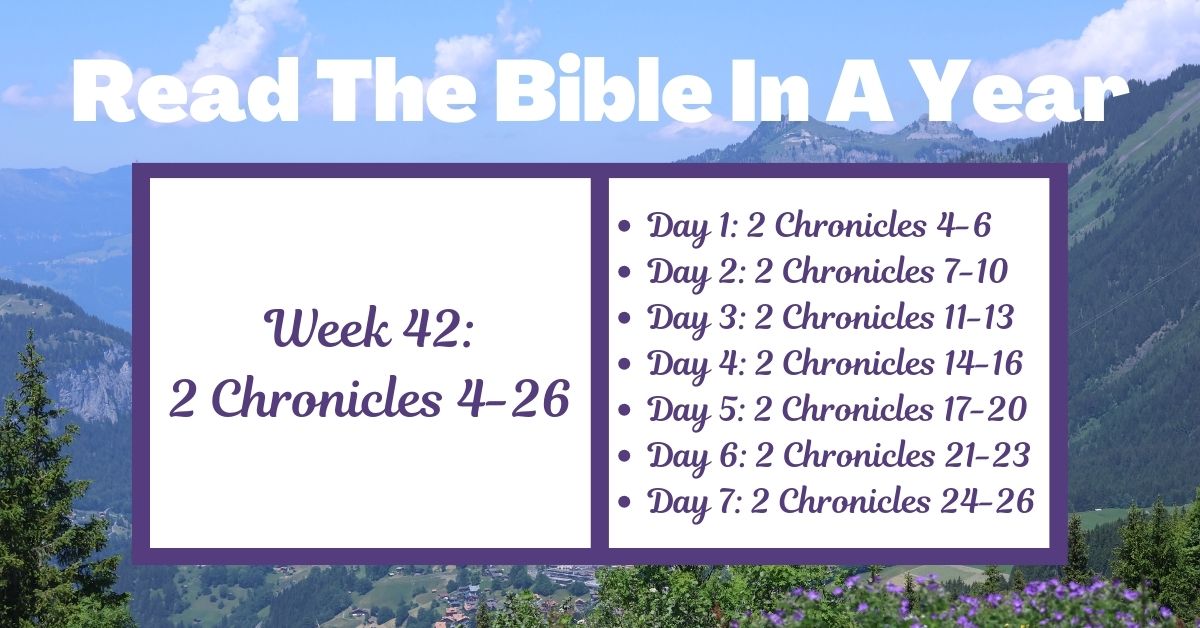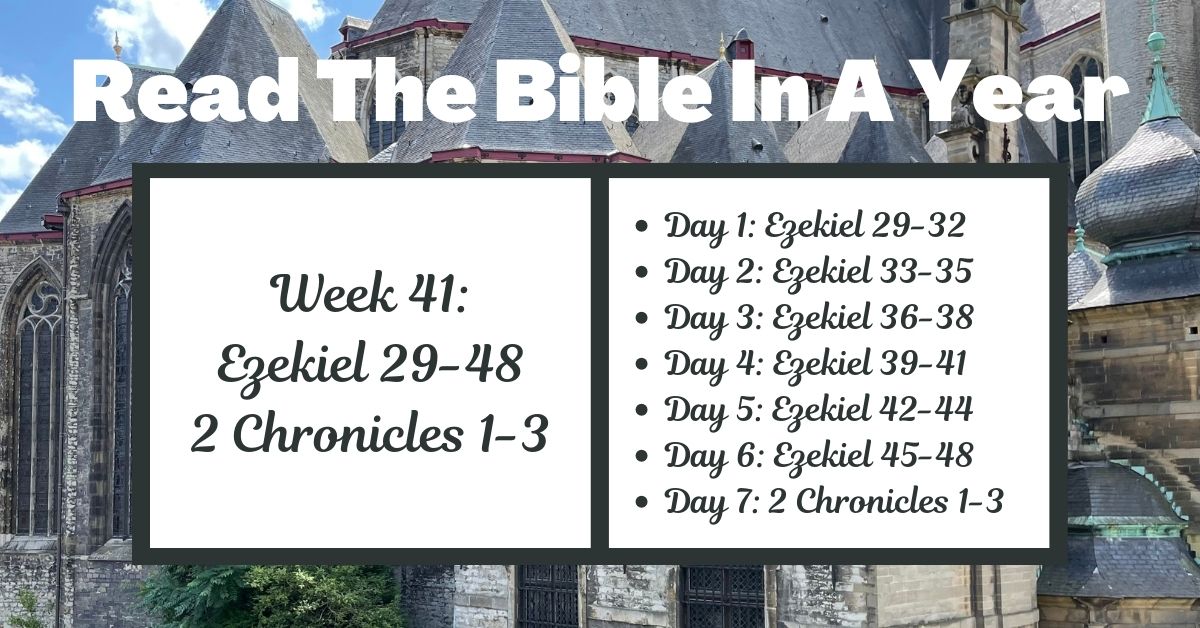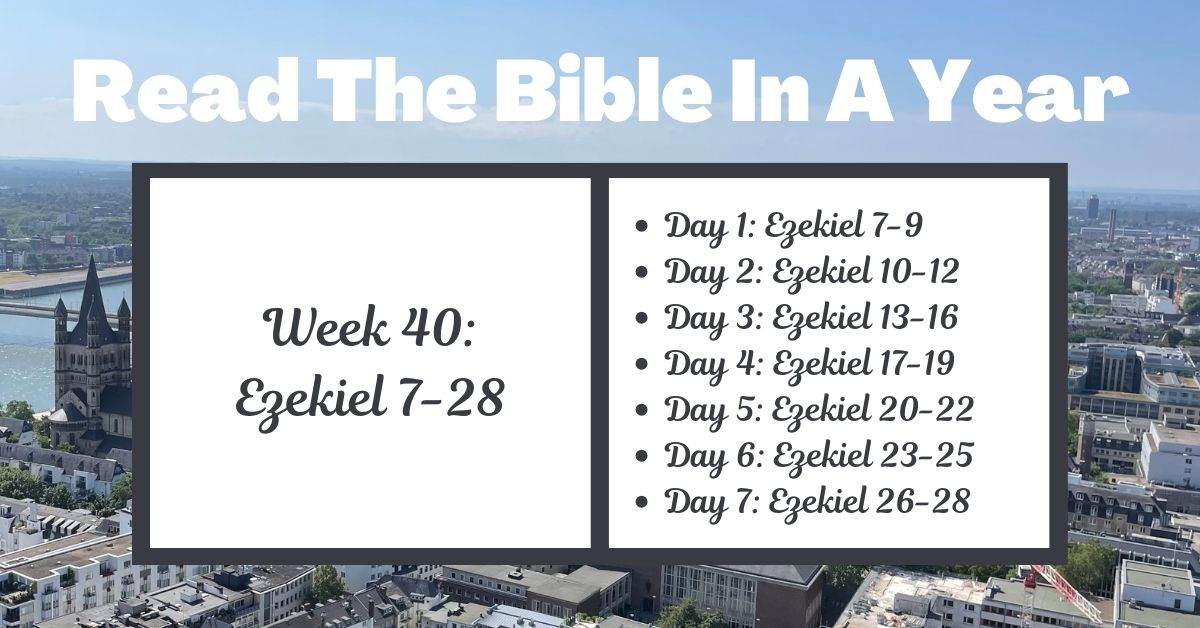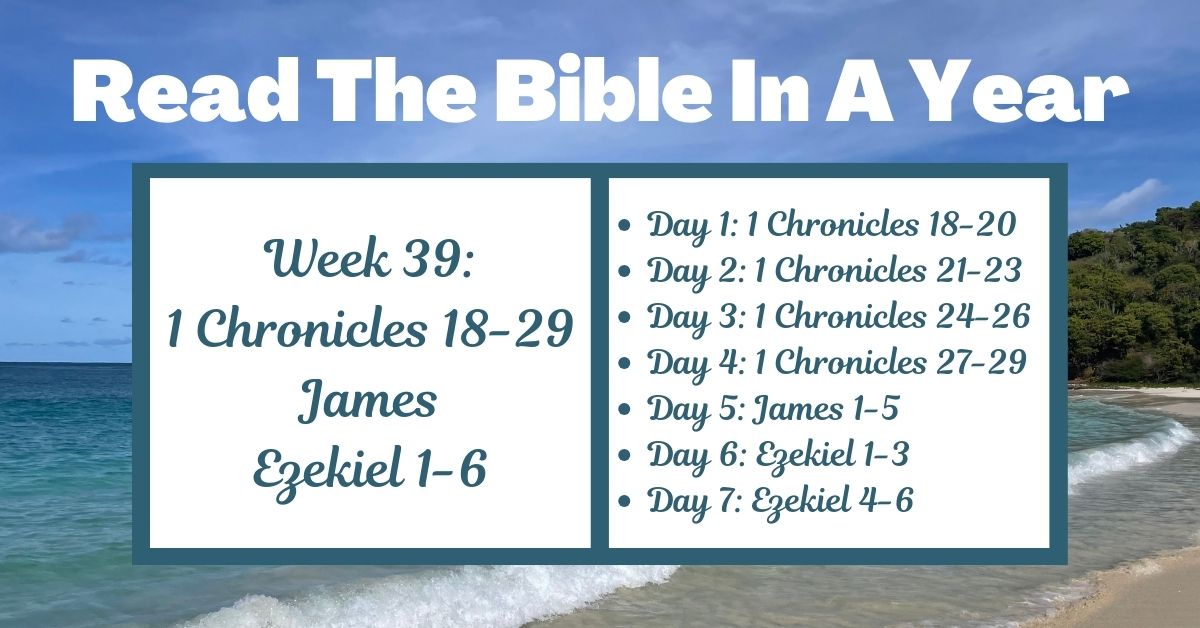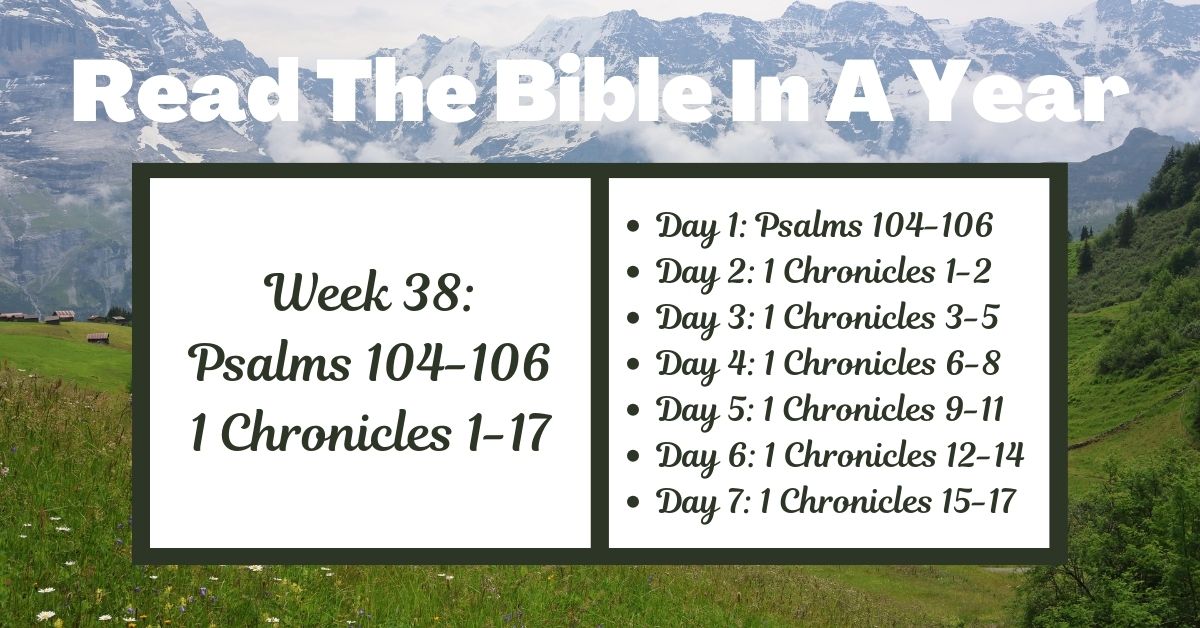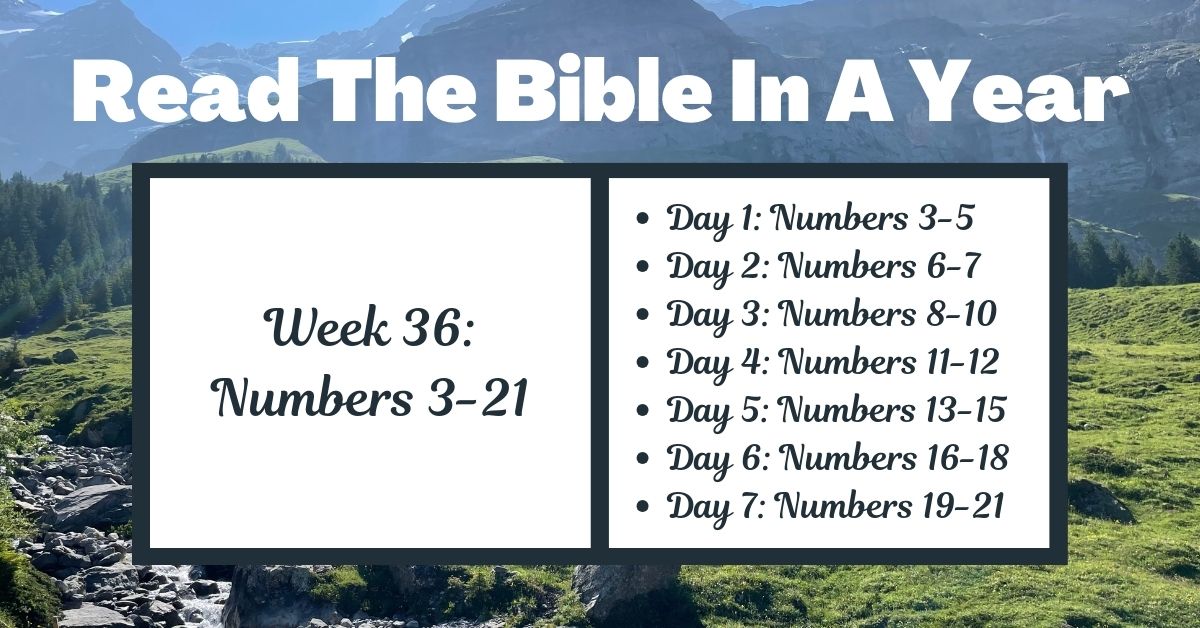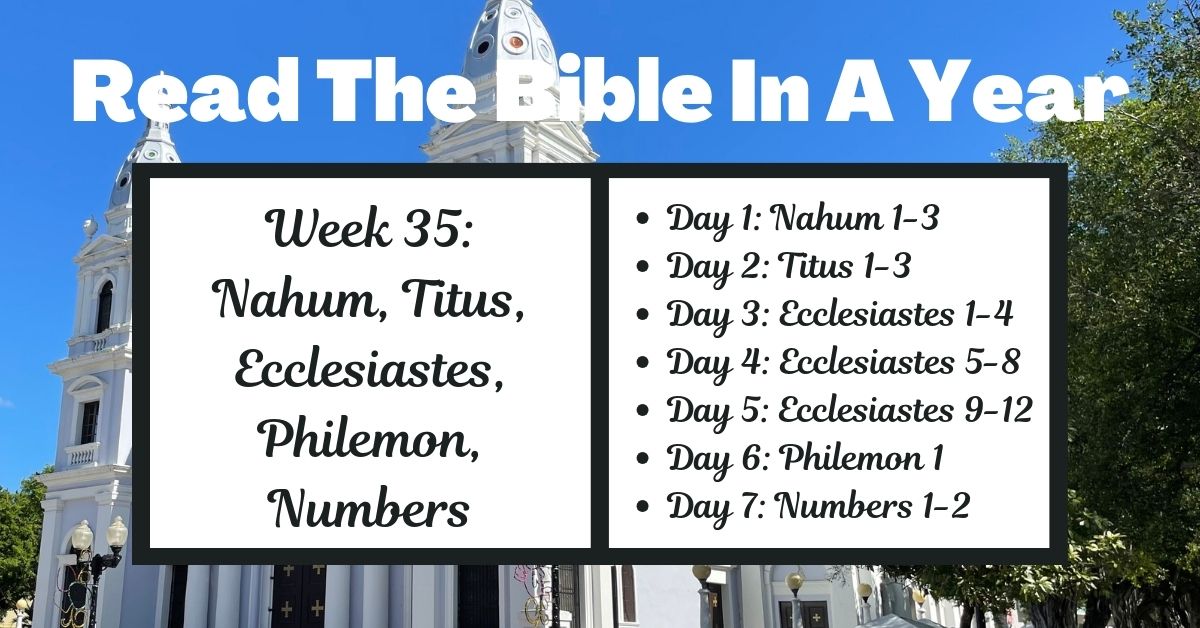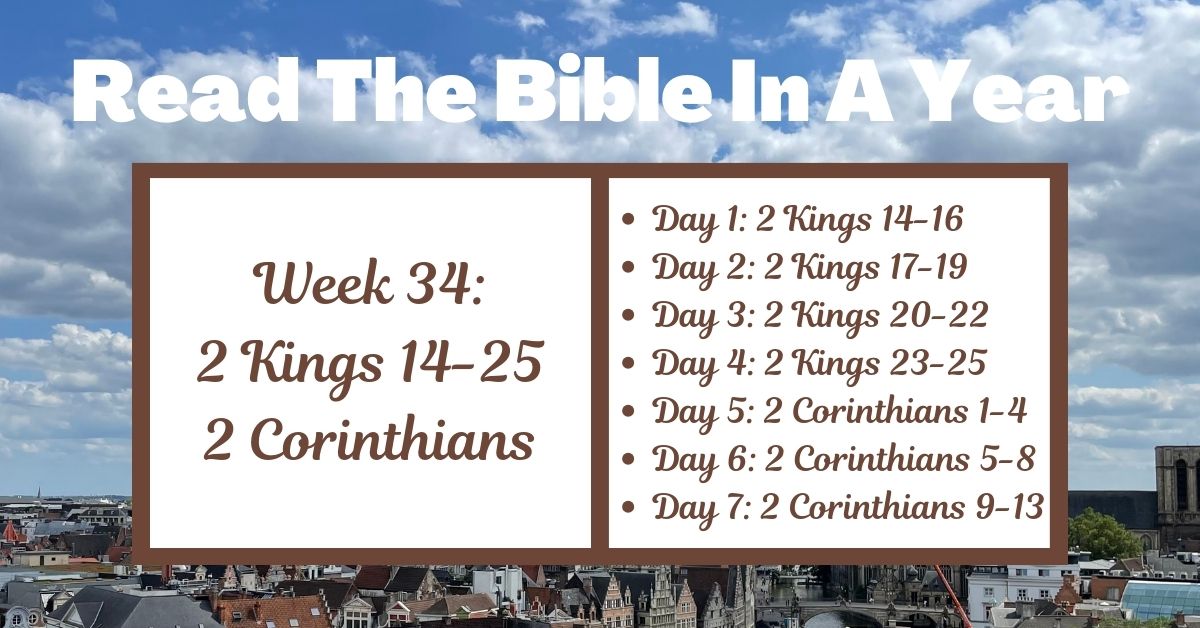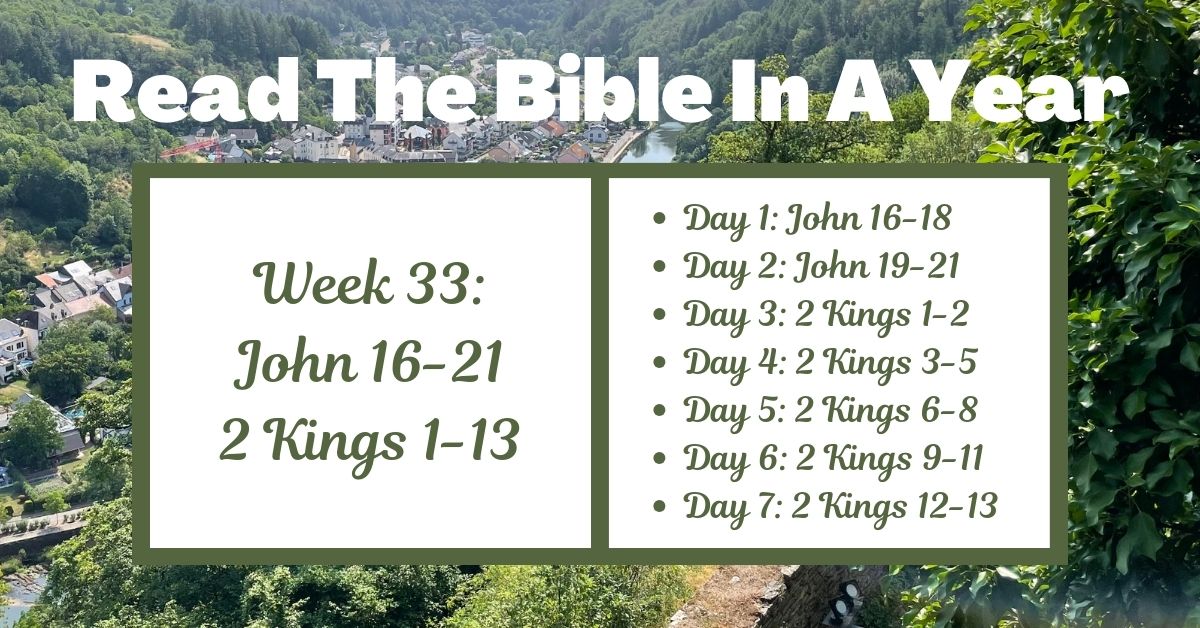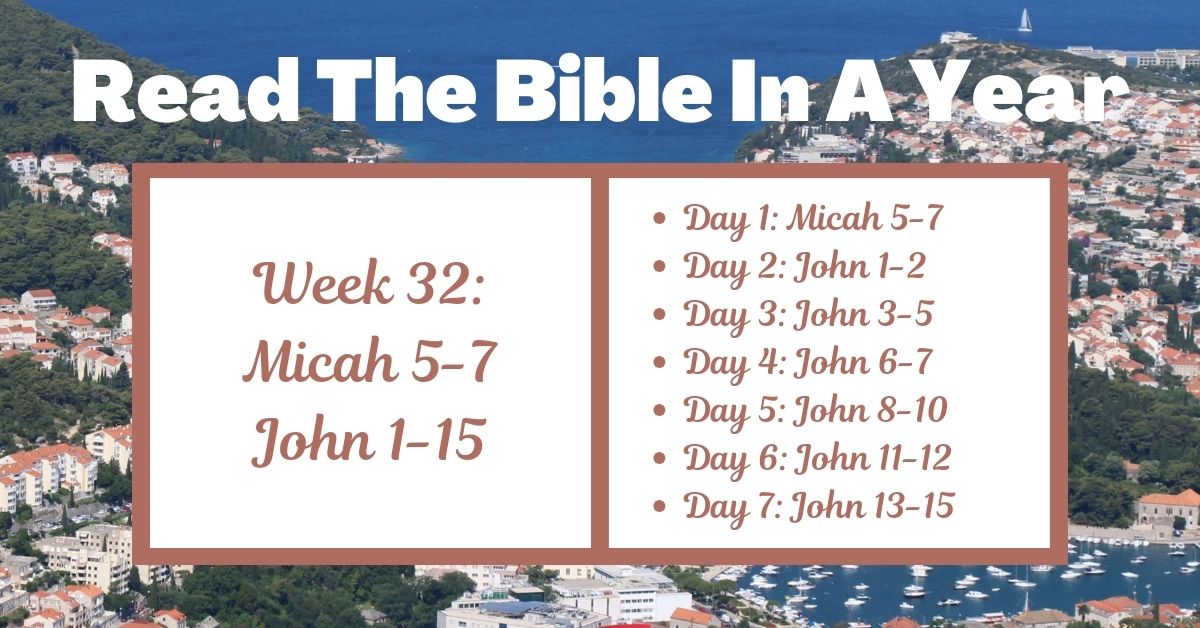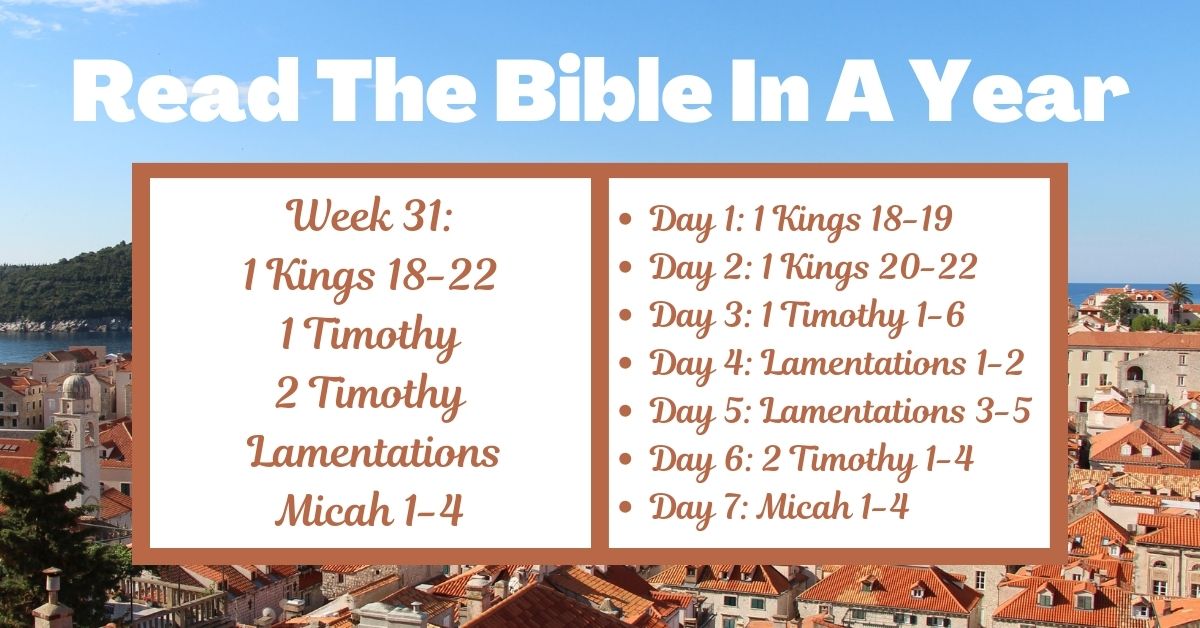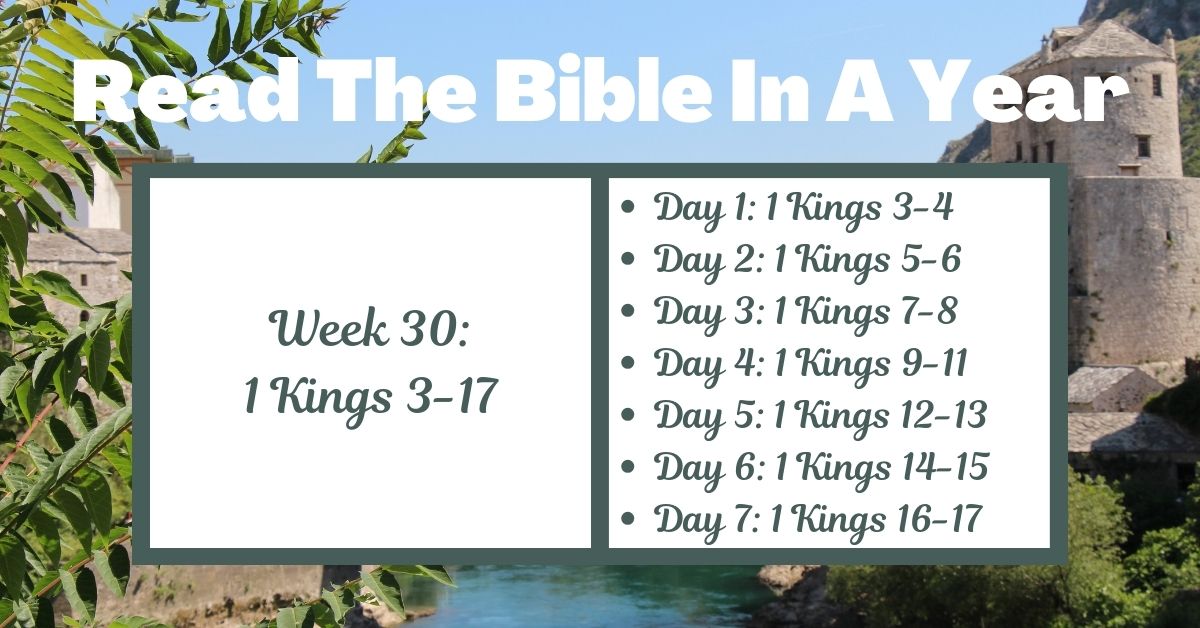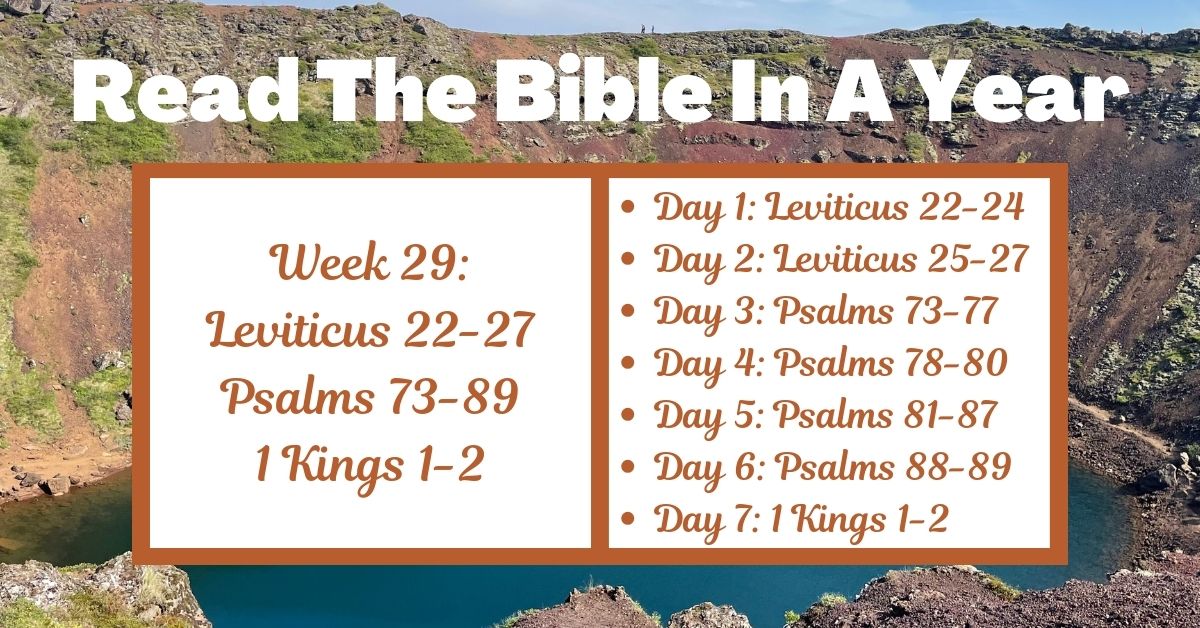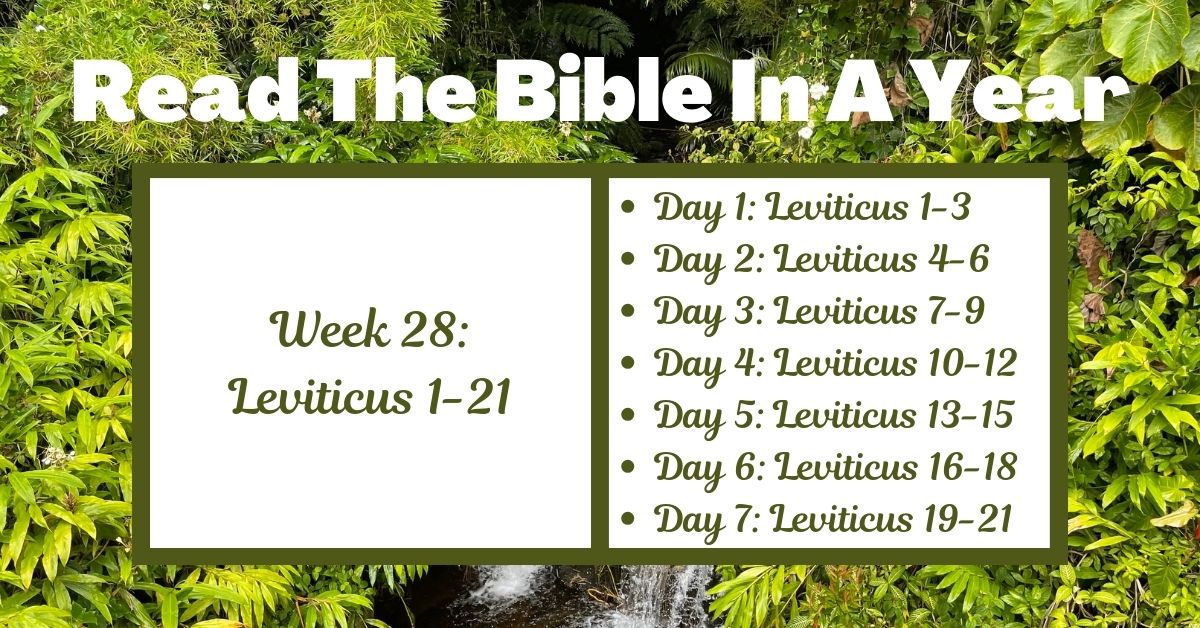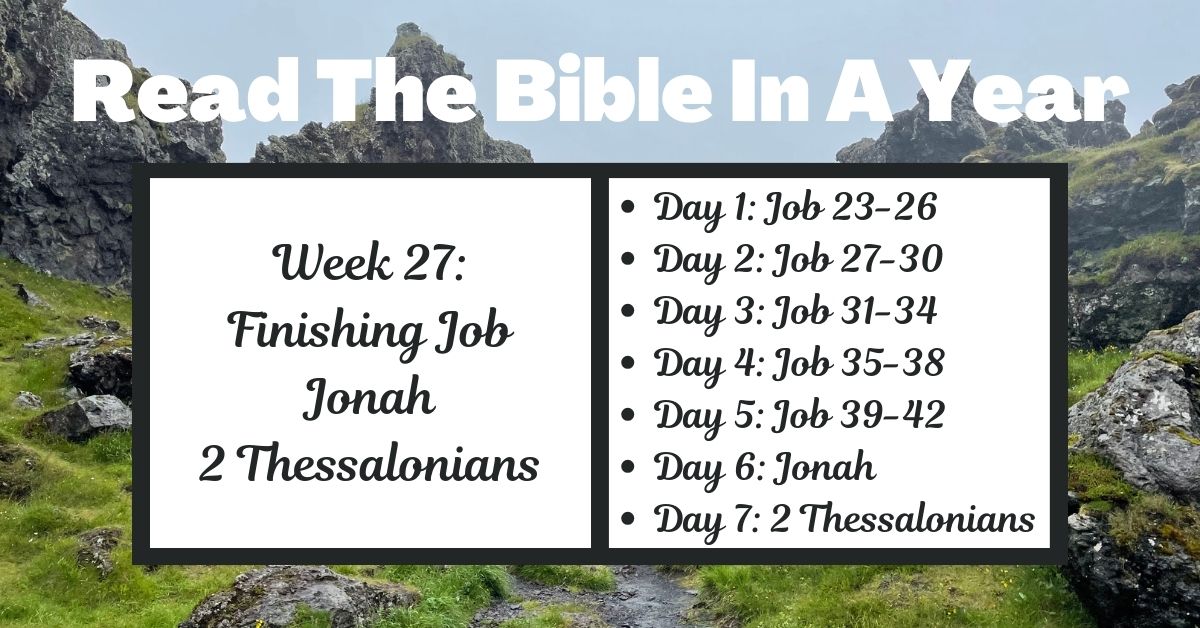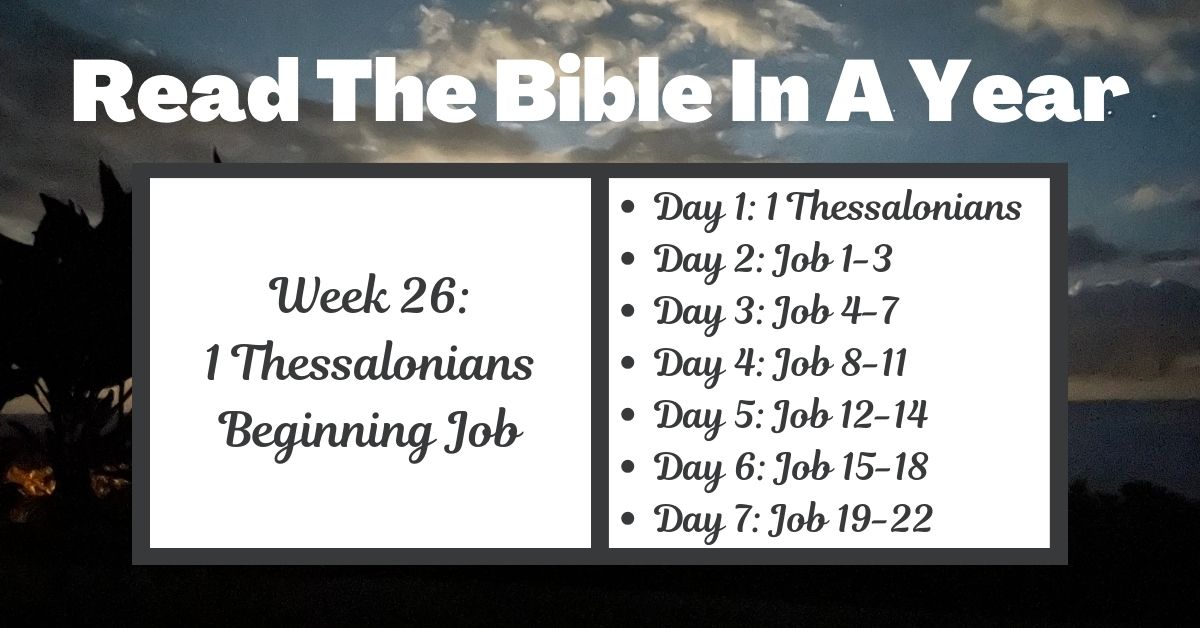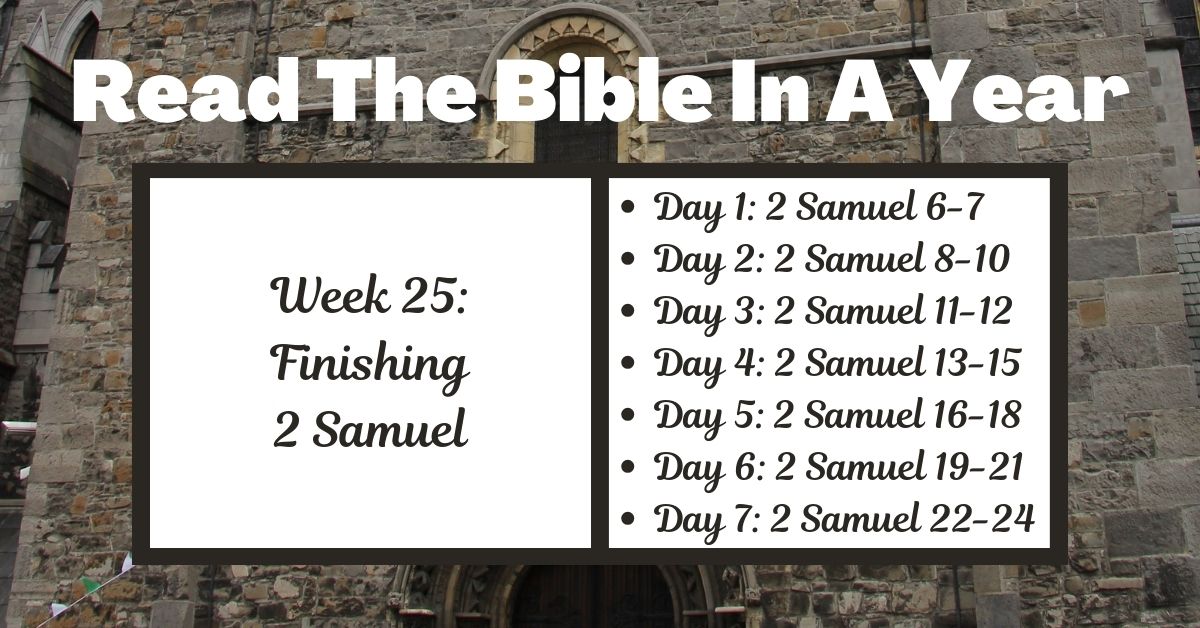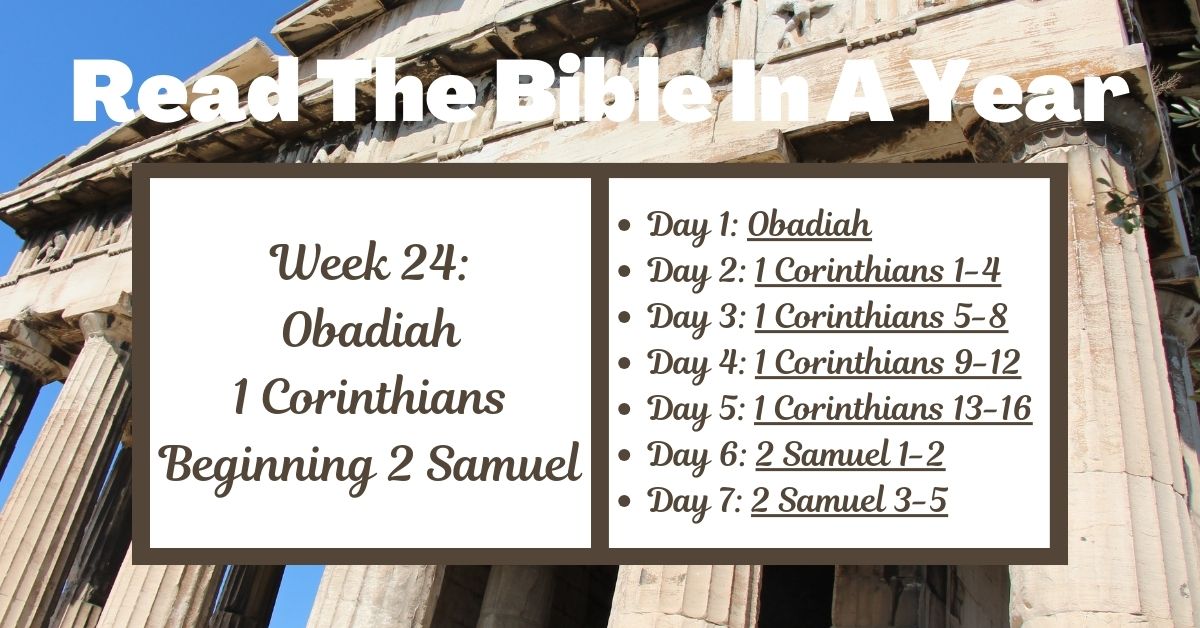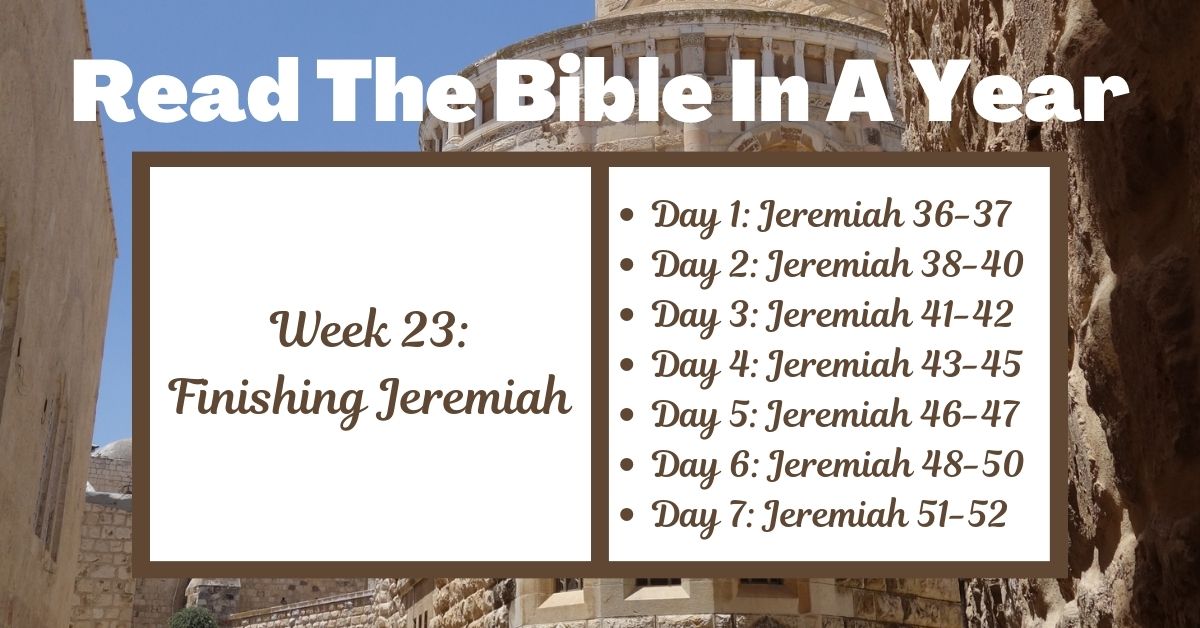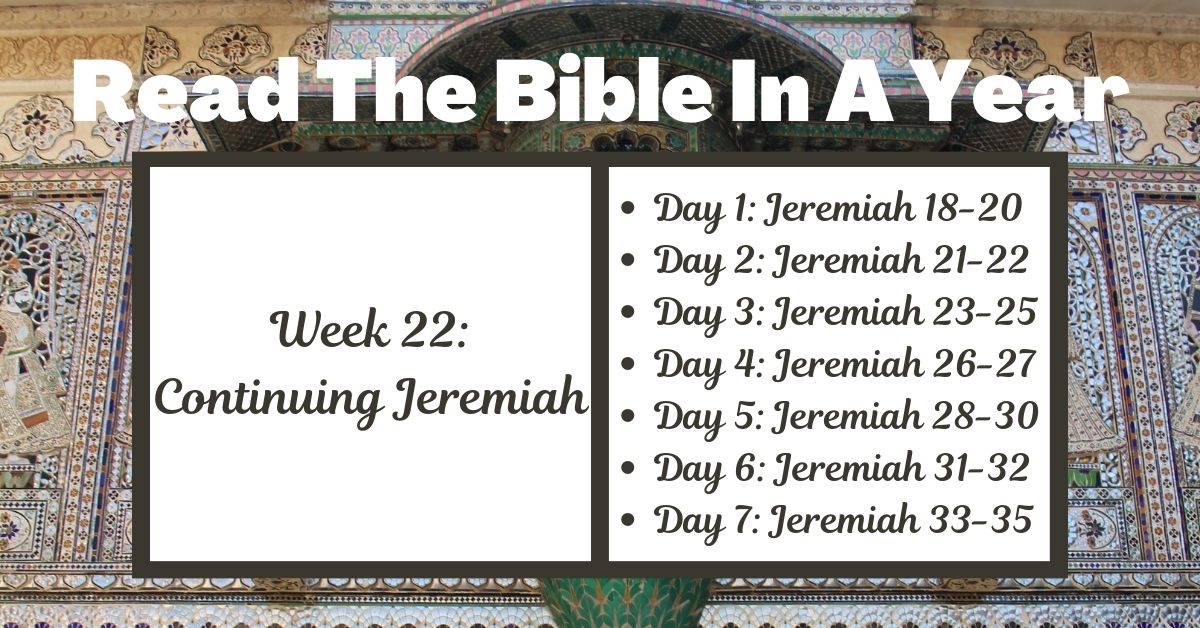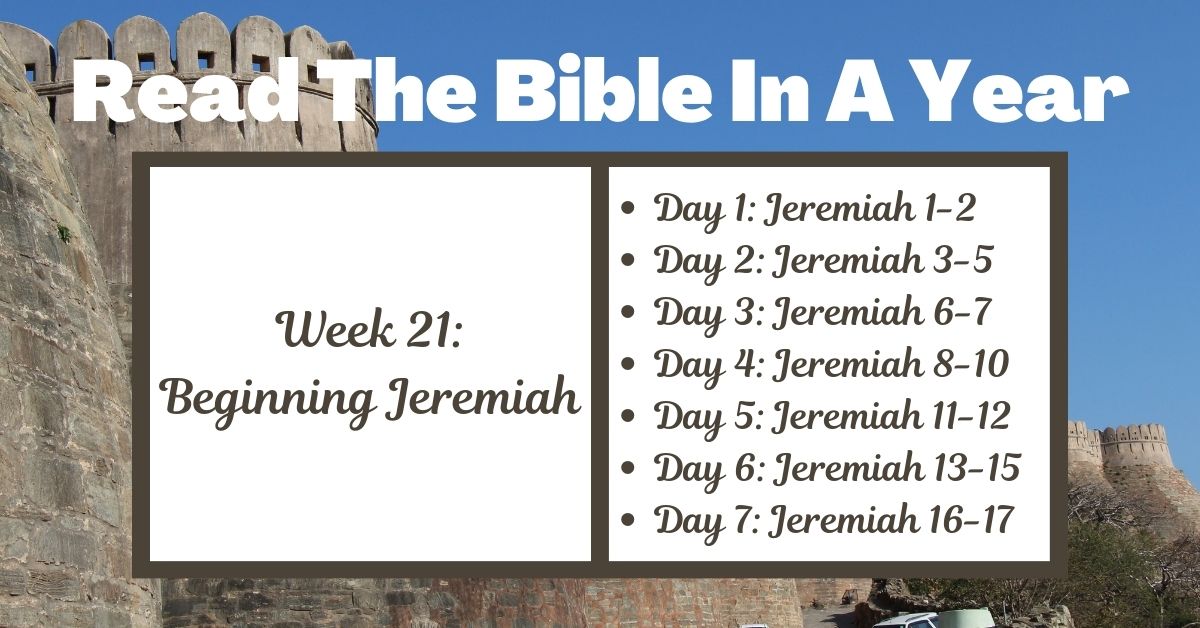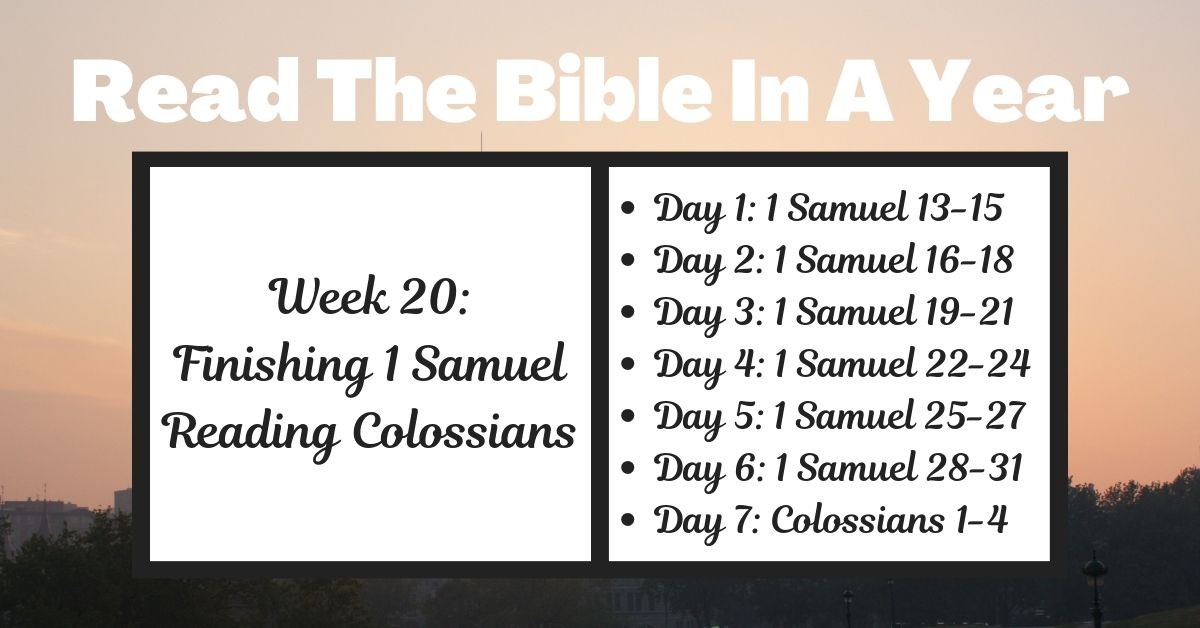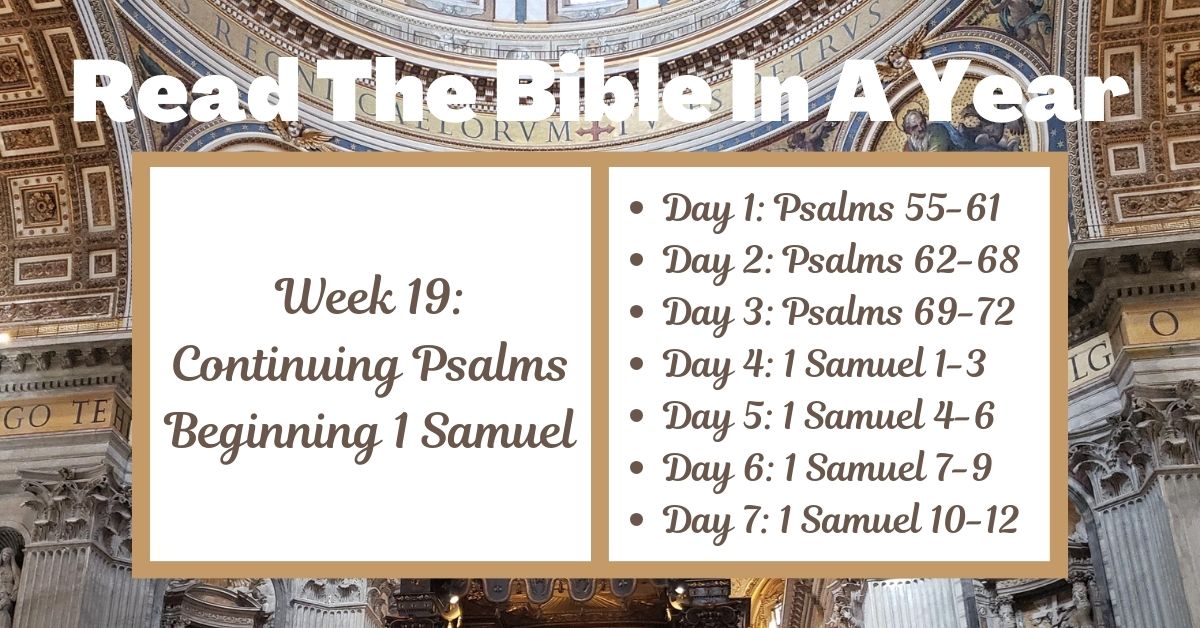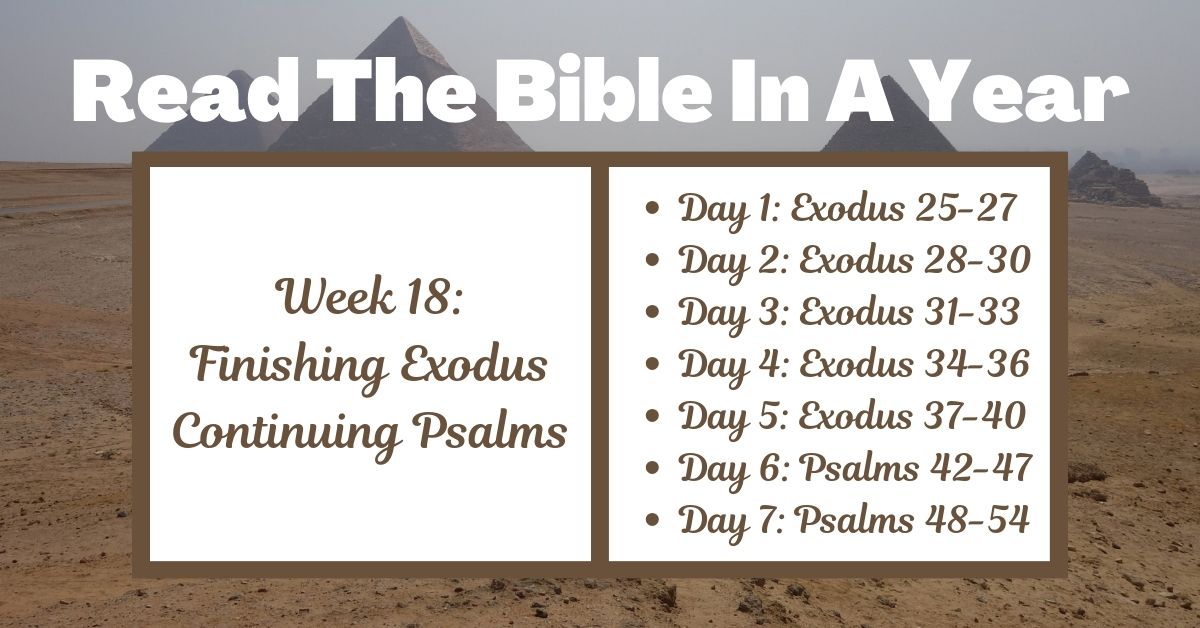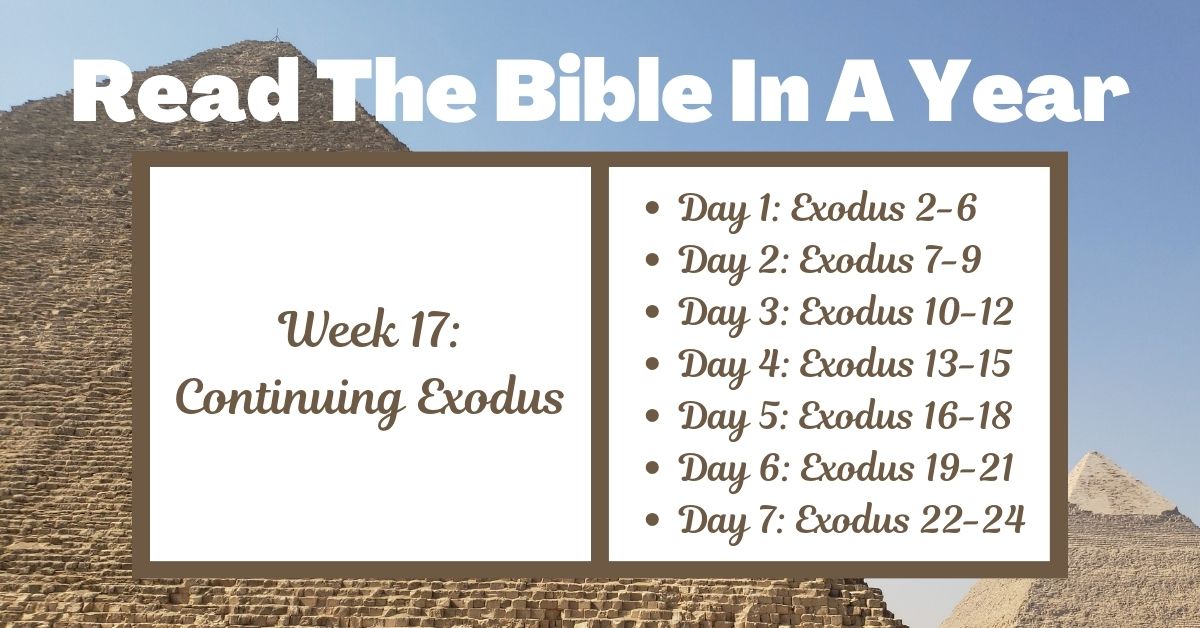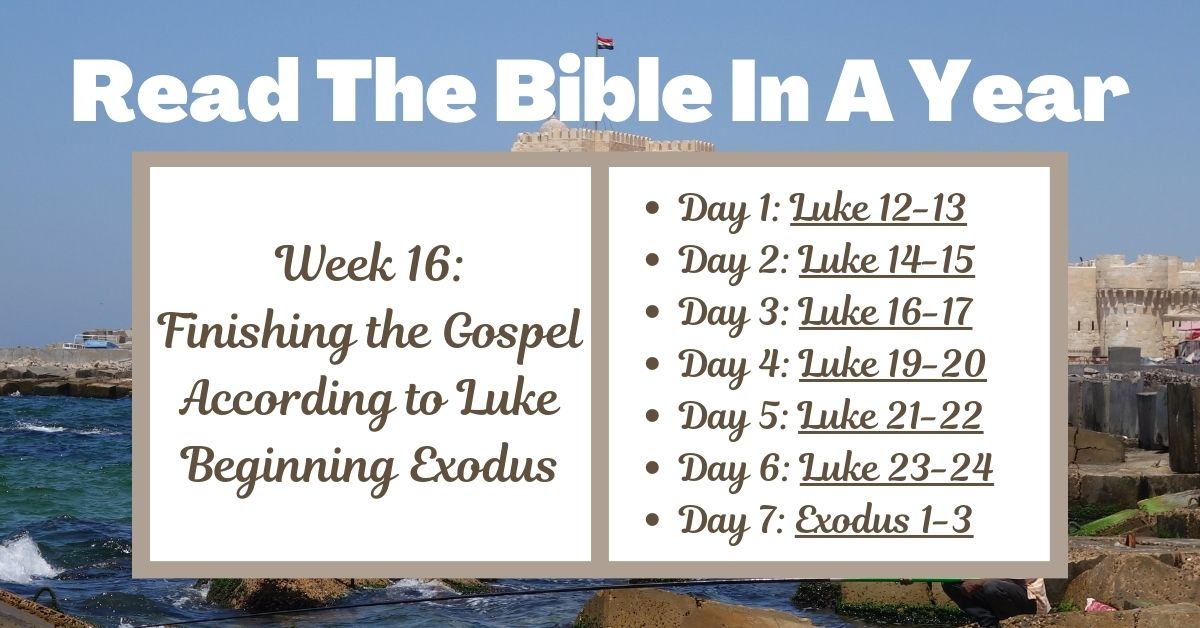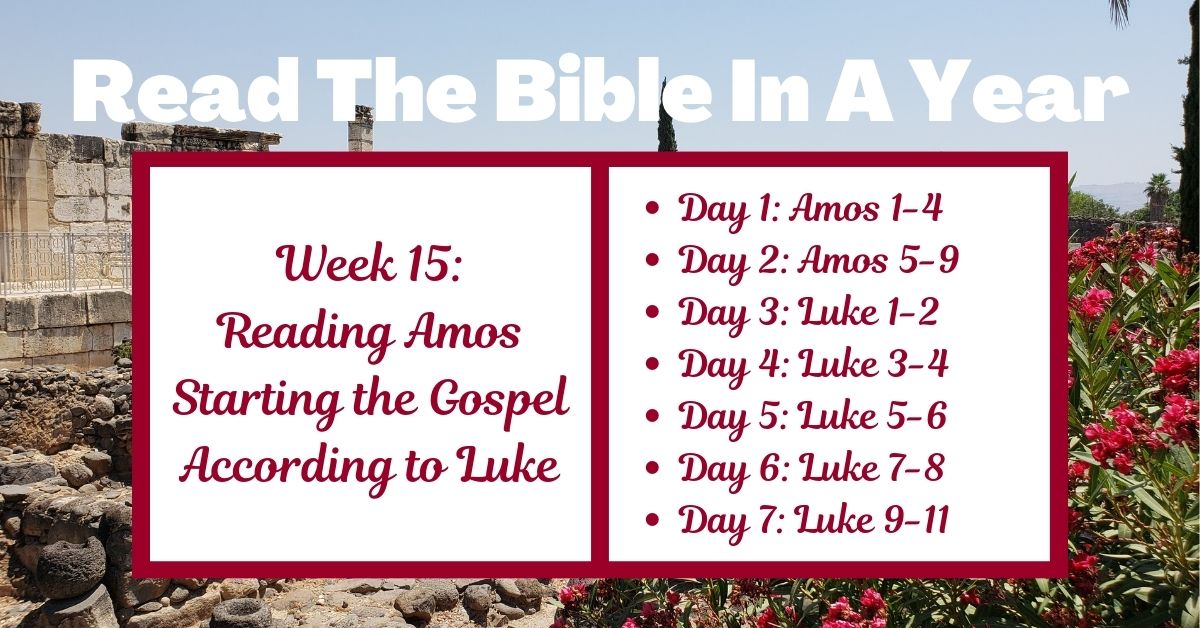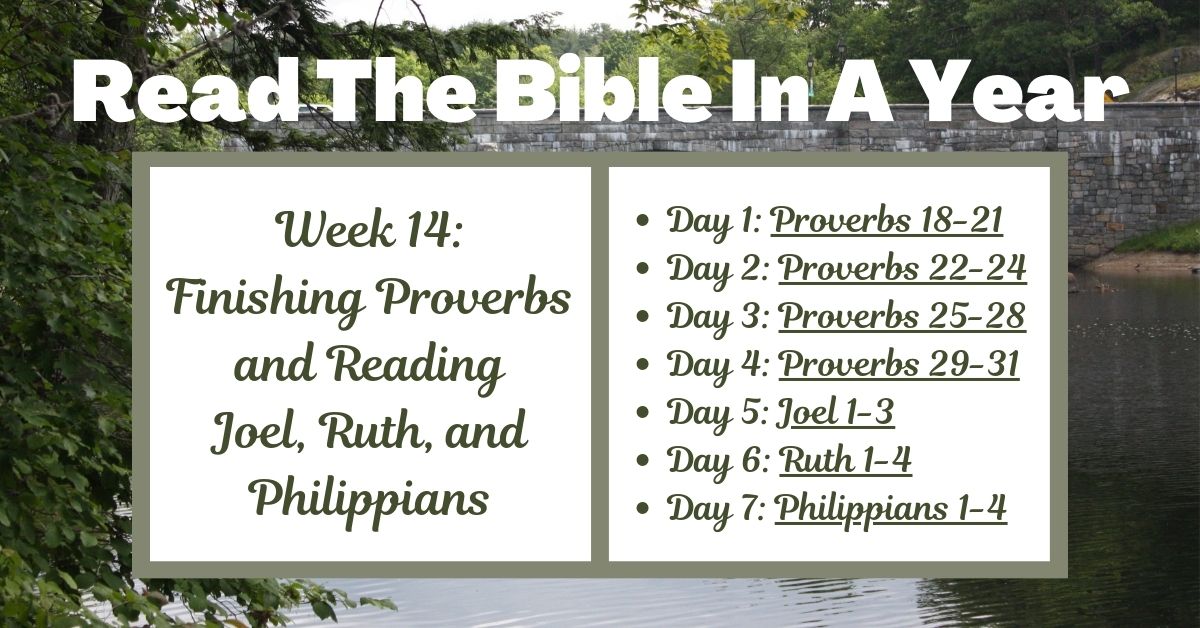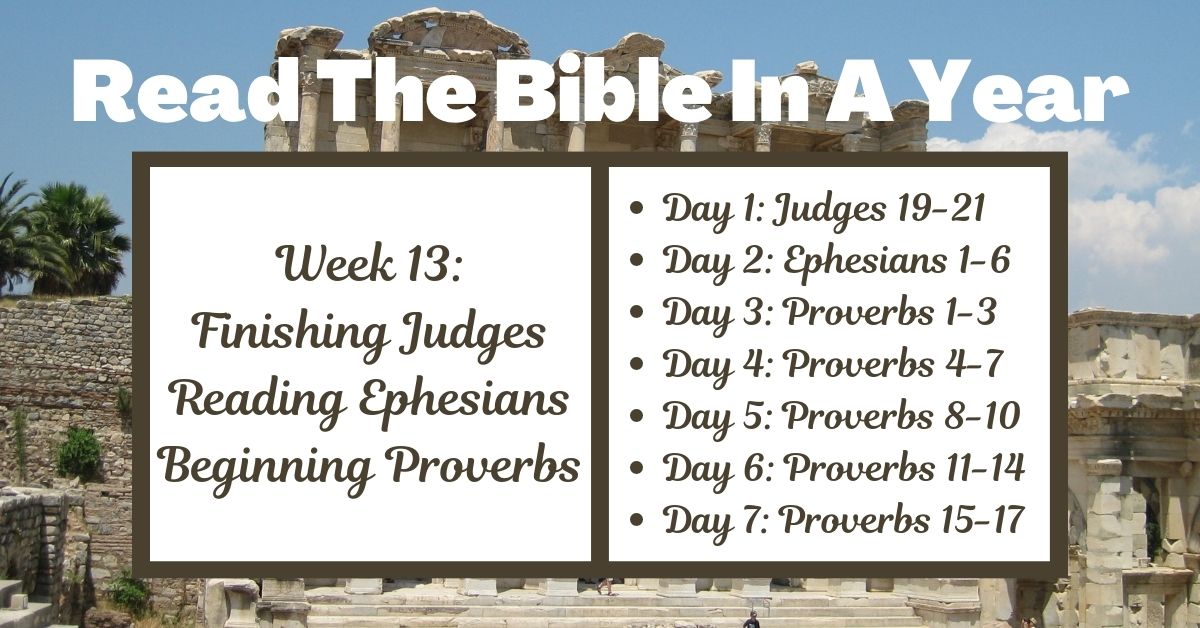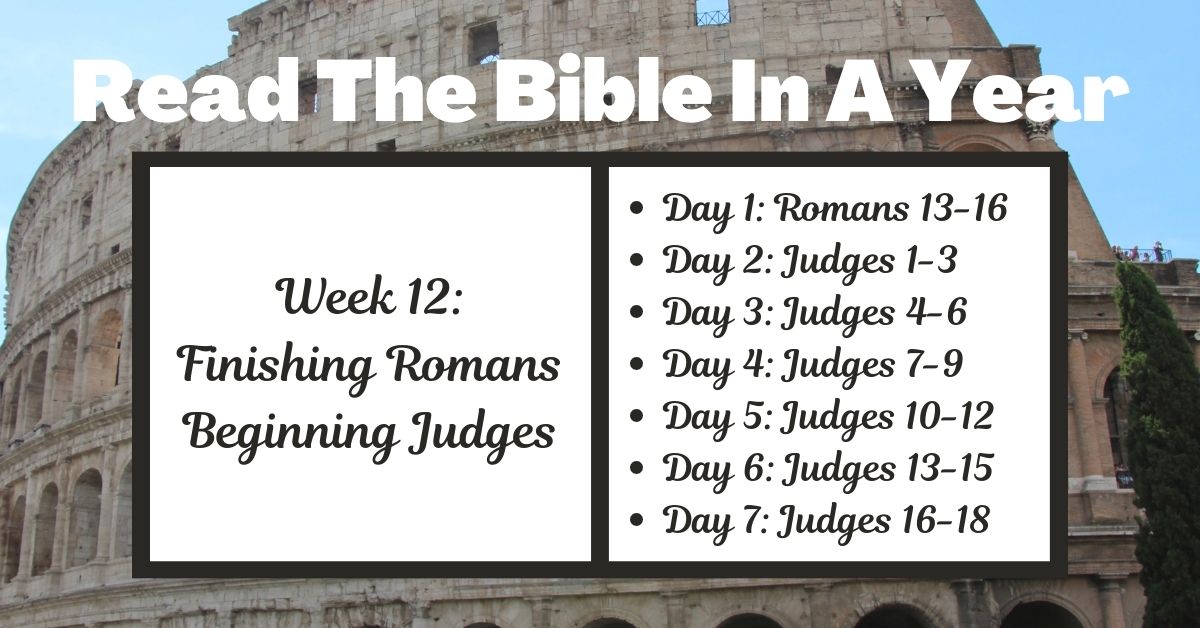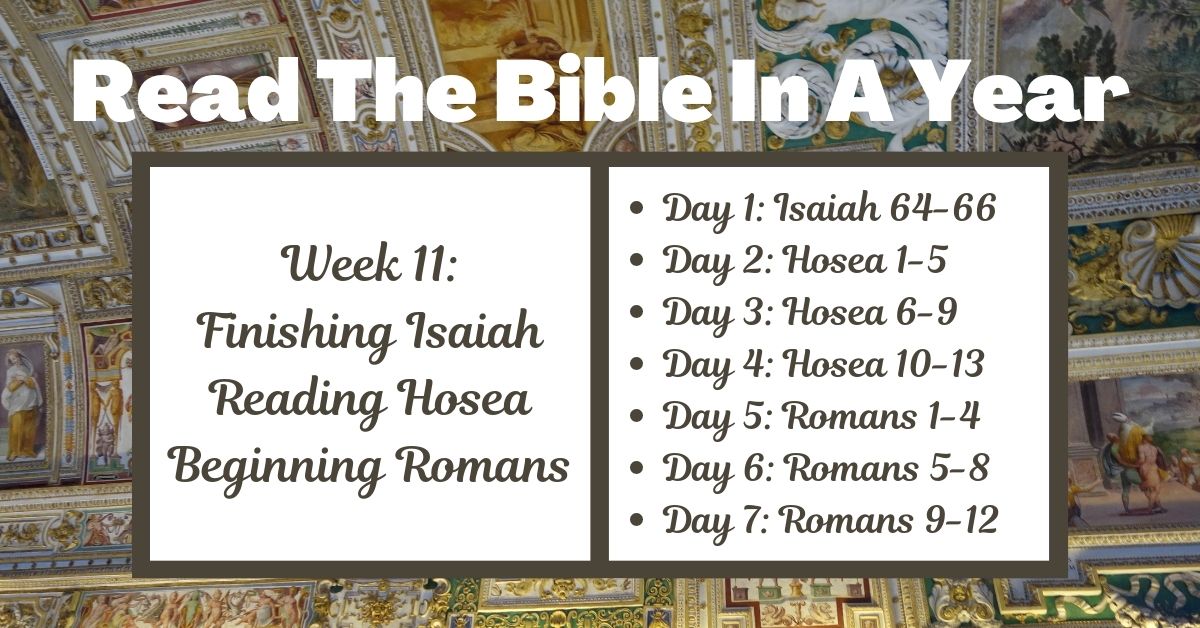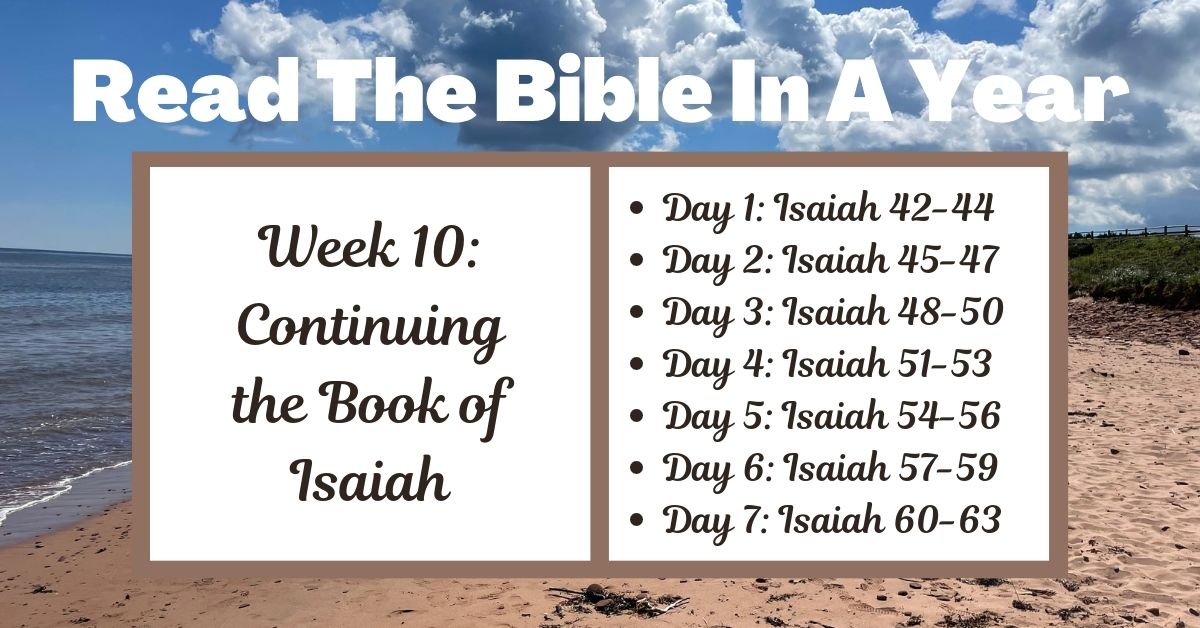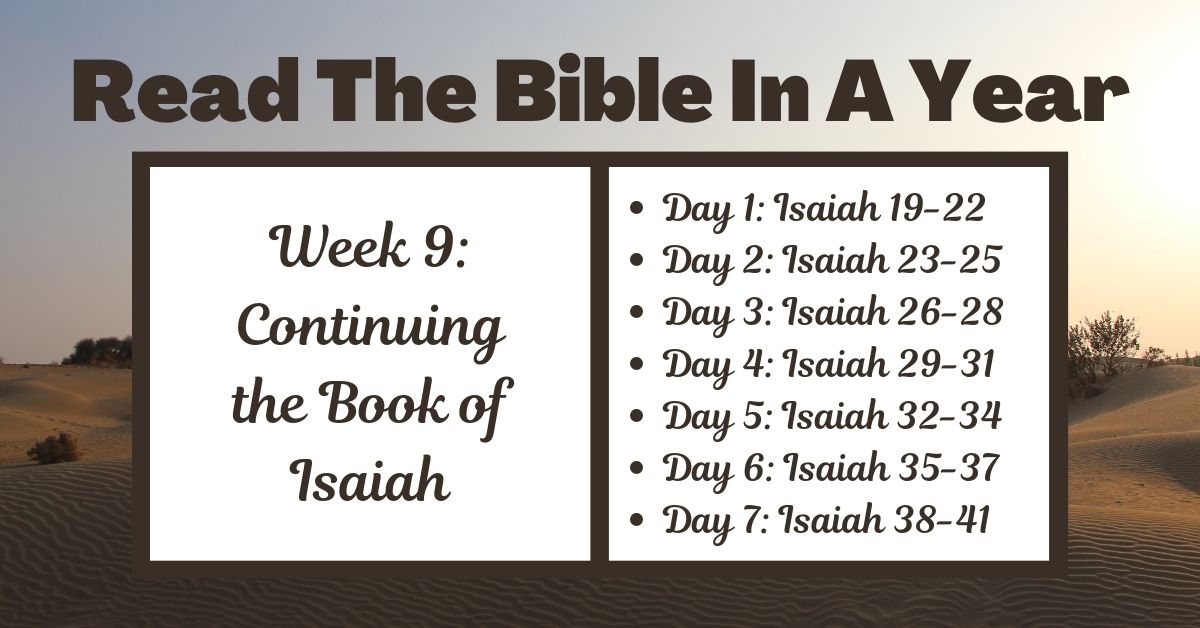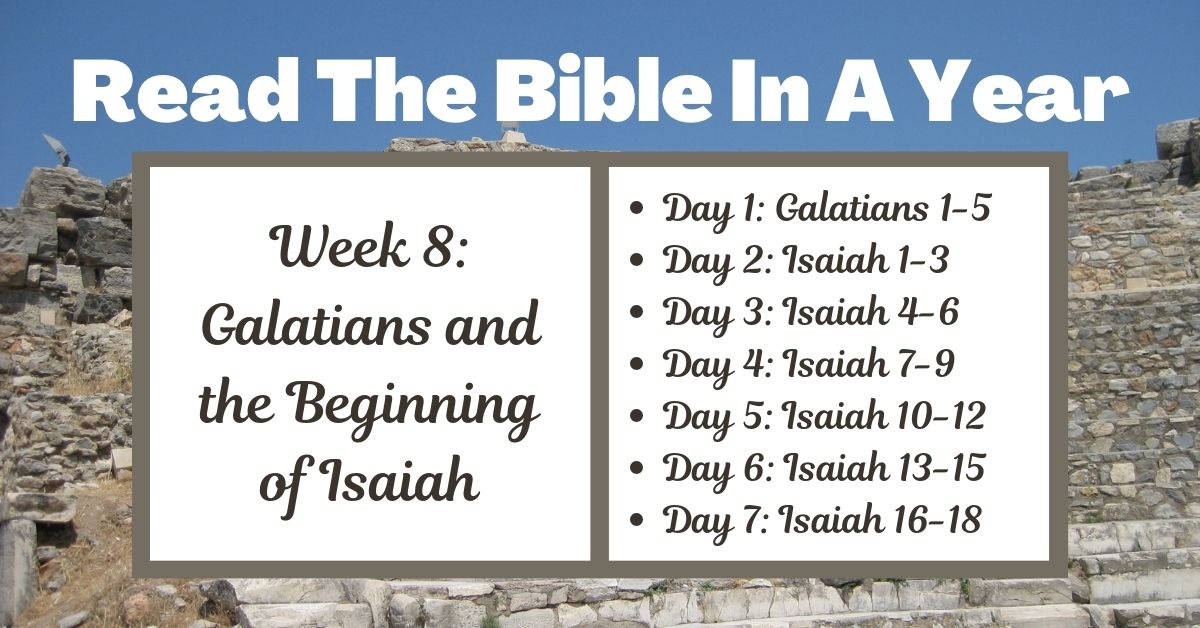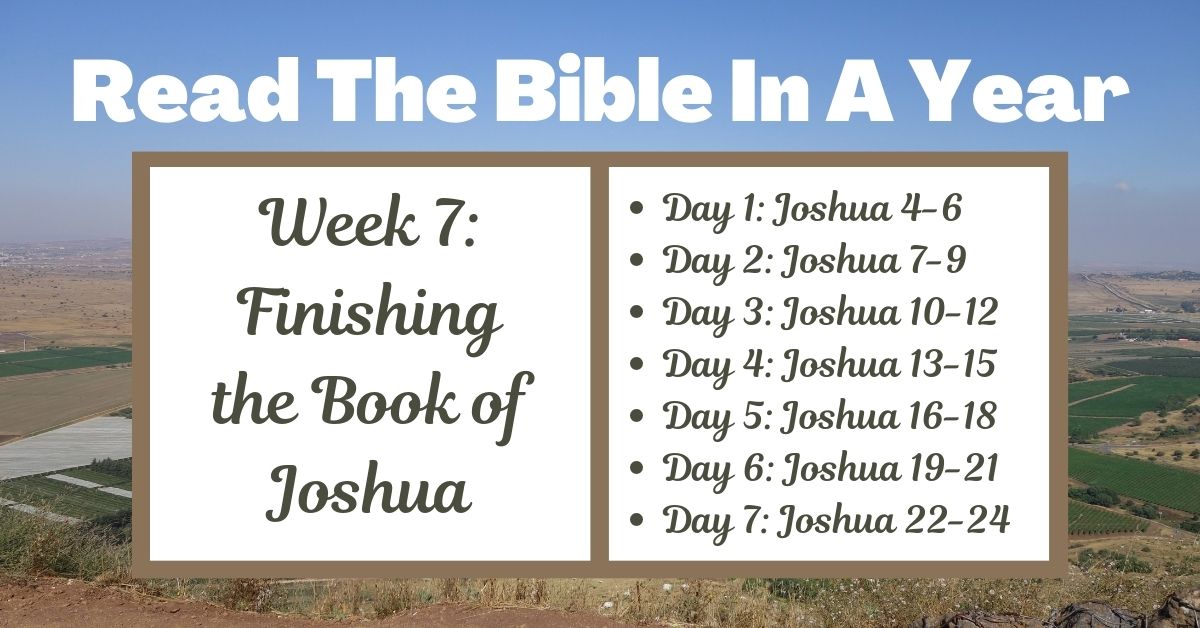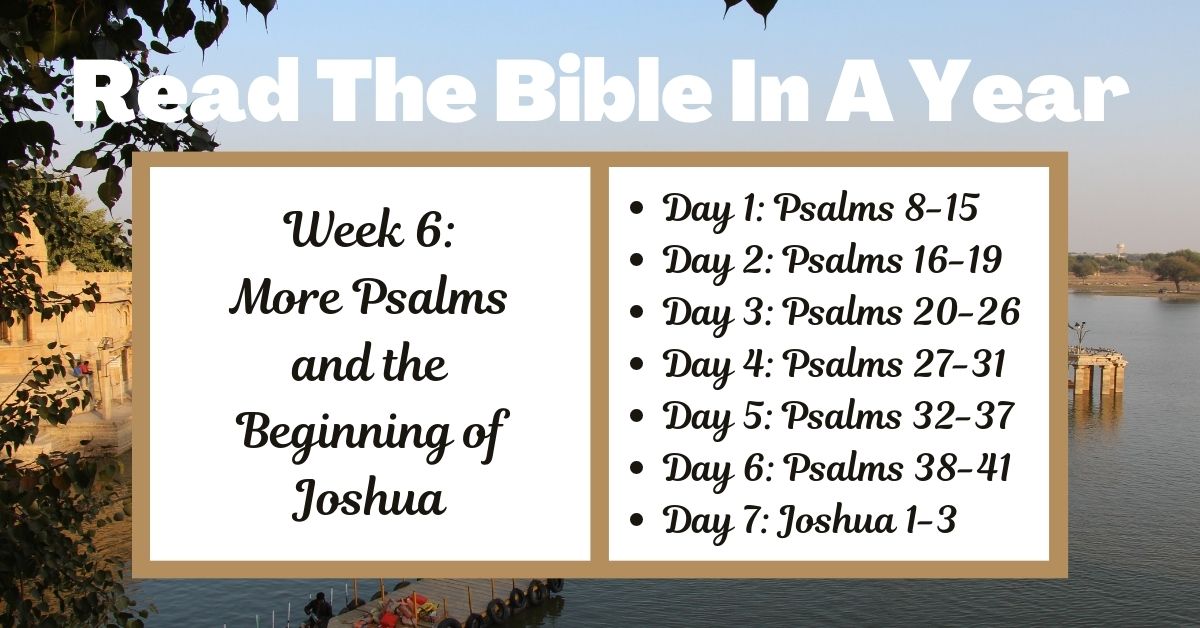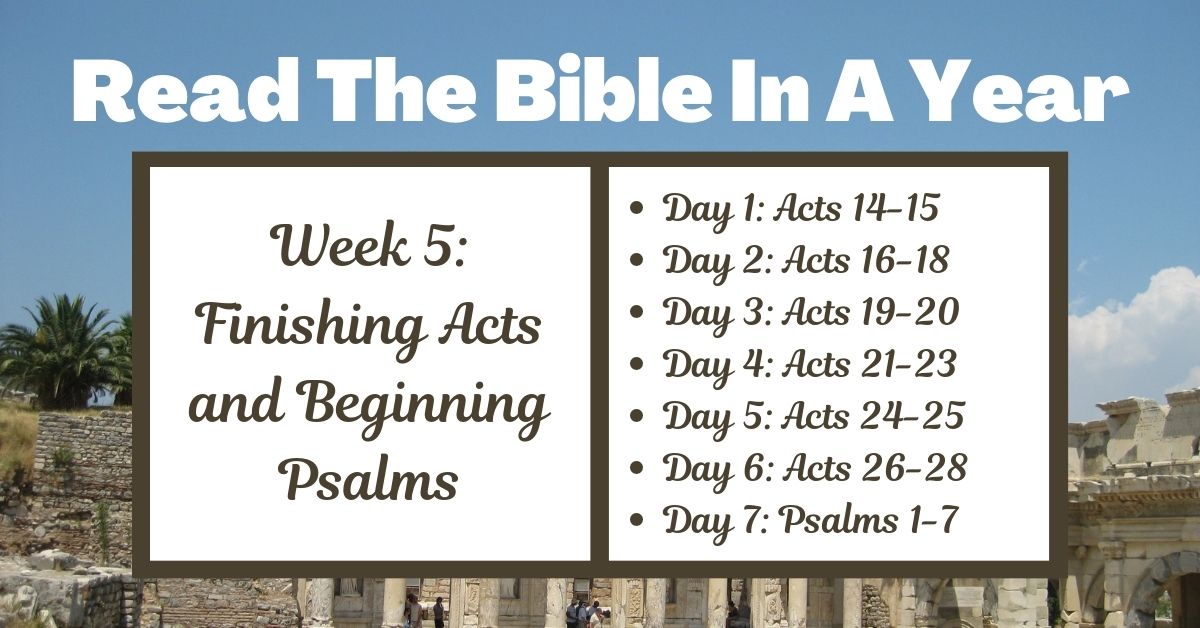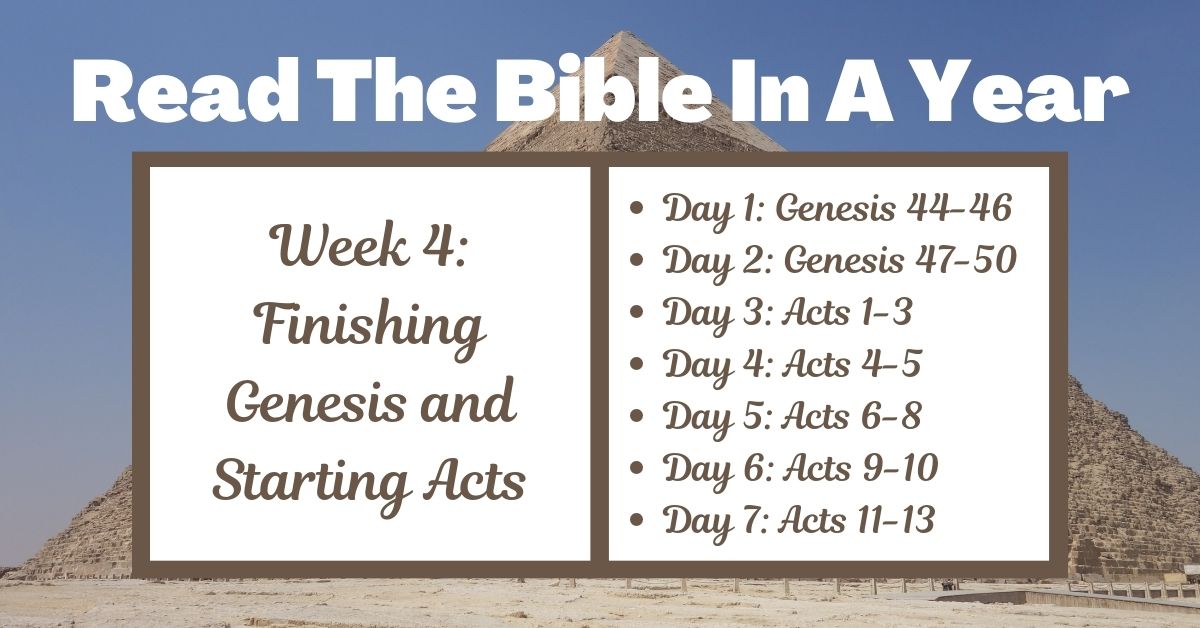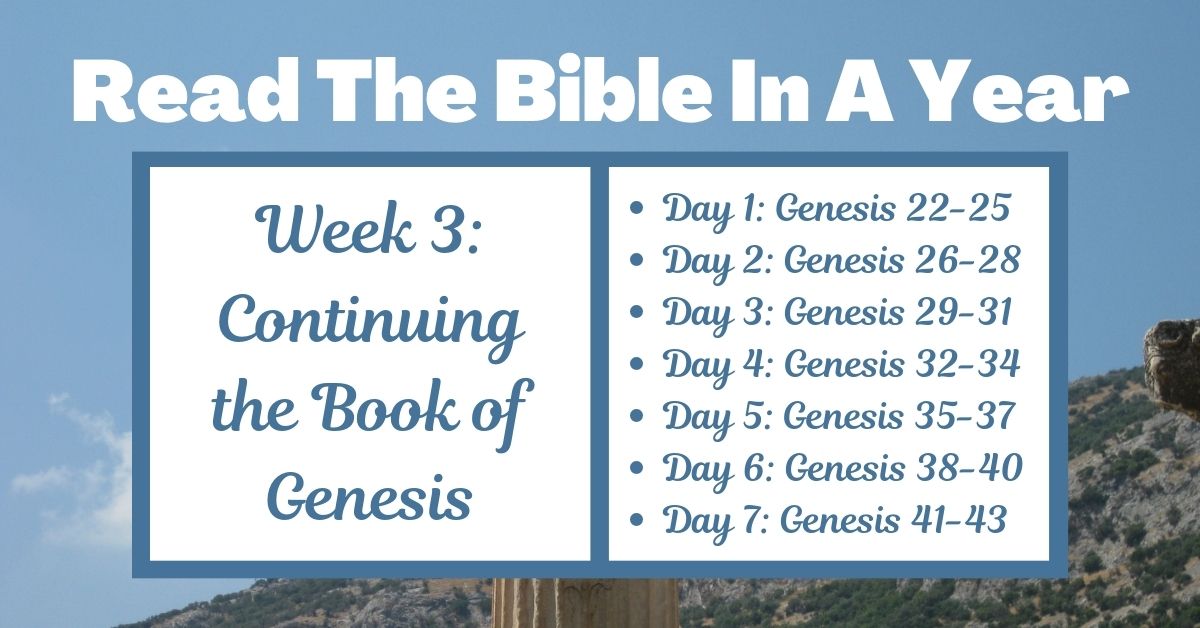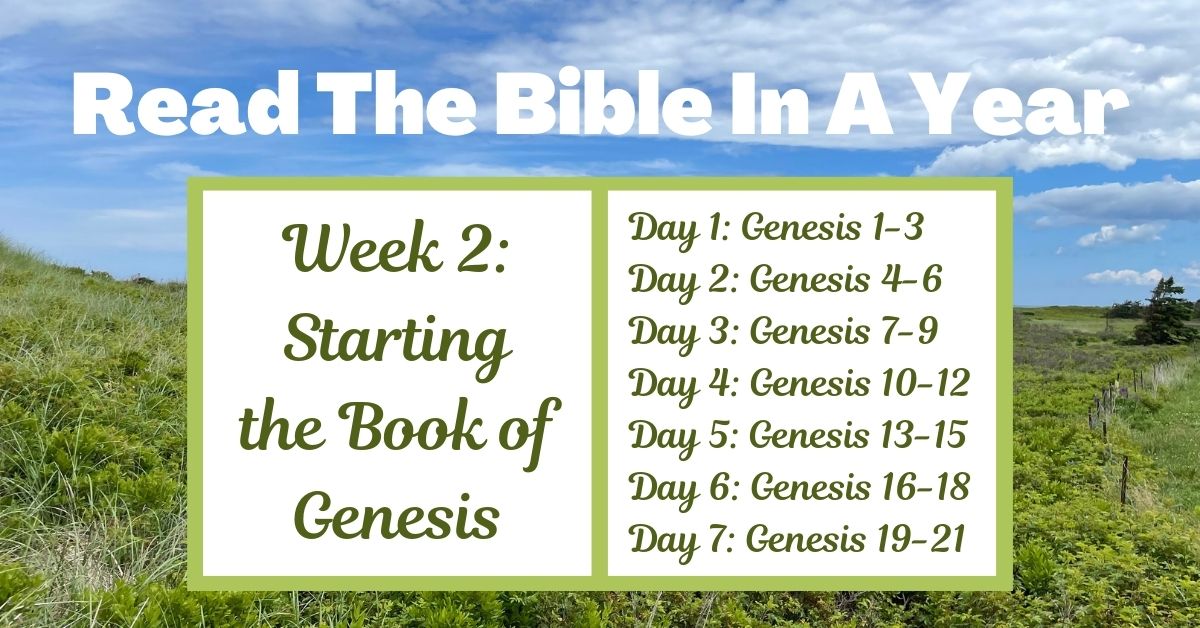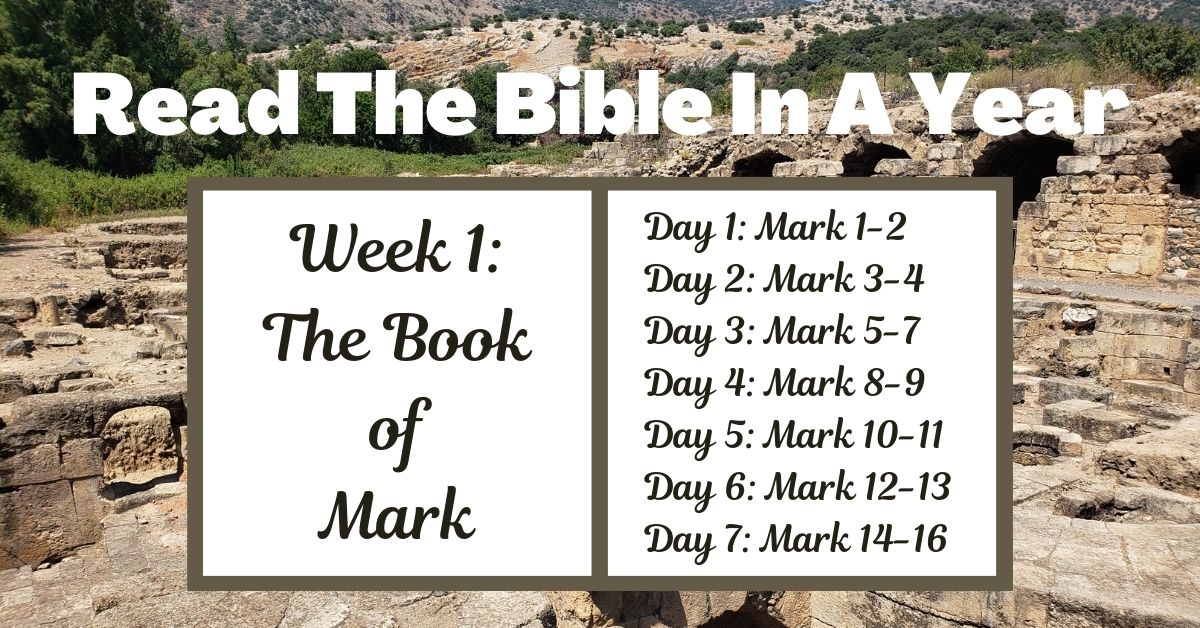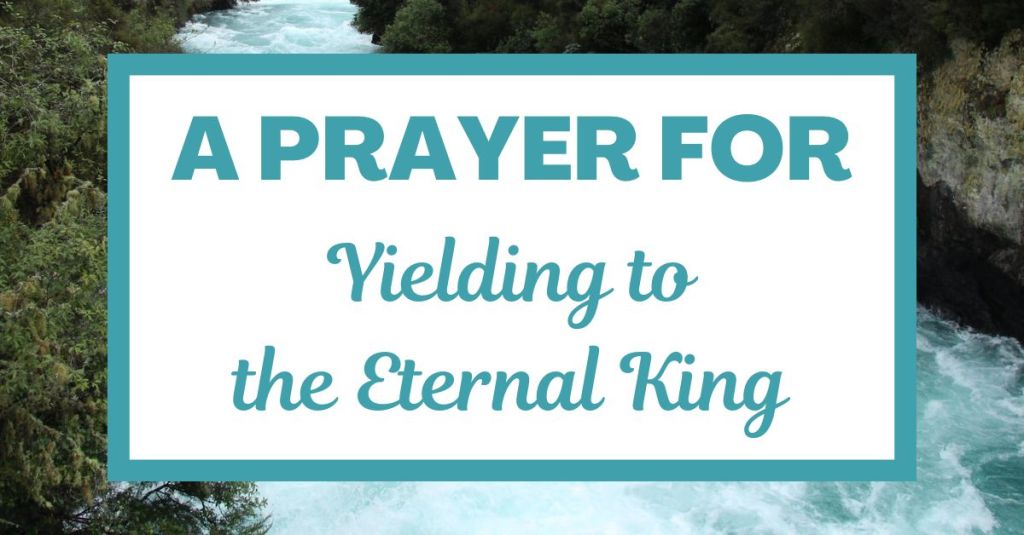During our final week of our quest to read the Bible in a year we will read Jude, Malachi, and Revelation. Jude, the last Epistle of the Bible, will address the challenges of false teachings within the early Christian community. In Malachi, the final book of the Old Testament, we will encounter prophecies concerning spiritual decline, religious hypocrisy, and the promise of restoration. Finally, Revelation, the last book of the New Testament, will offer profound visions of divine judgment, triumph over evil, and the ultimate establishment of God’s kingdom, inspiring reflection on the nature of faith and the destiny of humanity.
Jude
The book of Jude, a brief epistle in the New Testament, is attributed to Jude, likely the brother of James and Jesus. It addresses the early Christian community’s struggles with false teachings and the infiltration of deceptive leaders. Jude exhorts believers to stand firm in the faith and resist the influence of these false teachers who promote destructive doctrines. He urges them to actively defend the core beliefs of Christianity, emphasizing the importance of contending for the faith that was once delivered to the saints.
Throughout the letter, Jude warns of the impending judgment upon those who propagate falsehoods and lead others astray. Drawing on historical examples such as the rebellion of the Israelites and the punishment of angels, he underscores the certainty of divine judgment for those who reject God’s truth. Additionally, Jude condemns immoral behavior and exhorts believers to maintain moral purity, resisting the allure of sinful practices advocated by false teachers.
Despite the challenges and threats posed by false teachings, Jude encourages believers to persevere in their faith. He calls them to build themselves up in the most holy faith, pray in the Holy Spirit, and keep themselves in the love of God. Jude concludes his letter with a doxology, praising God for his power to preserve believers from stumbling and present them blameless before his presence with great joy. Through its warnings, exhortations, and words of encouragement, the book of Jude offers timeless guidance for believers to stand firm in their faith amidst adversity and deception.
Reflection Questions
After reading Jude, consider the following reflection questions:
- How can we discern between true and false teachings within our own faith community, especially in an age where information is abundant and easily accessible?
- Reflect on instances in your life where you have faced challenges to your faith or encountered teachings that contradicted core Christian beliefs. How did you respond, and what did you learn from those experiences?
- In what ways can we actively “contend for the faith” in our daily lives, both individually and as a community of believers?
- Jude emphasizes the importance of maintaining moral purity and resisting sinful practices. Reflect on areas in your life where you may need to make adjustments or seek greater accountability to uphold these principles.
- Consider Jude’s exhortation to persevere in faith despite the presence of false teachings and immorality. How can we cultivate a resilient faith that remains steadfast in the face of trials and challenges?
Malachi
The book of Malachi, the final book of the Old Testament, is attributed to the prophet Malachi, whose name means “my messenger.” Comprising four chapters, Malachi’s prophecy centers on the spiritual and moral decline of the Israelites, particularly focusing on their religious hypocrisy and social injustices. Malachi delivers scathing rebukes to both the priests and the people of Judah, condemning their faithlessness, corrupt practices in offering sacrifices, and disregard for God’s covenant.
Throughout the book, Malachi emphasizes the importance of honoring God and maintaining fidelity to his commandments. He denounces the people’s transgressions, including marrying foreign wives and divorcing their Israelite spouses, which he sees as a breach of the covenant with God. Despite the people’s unfaithfulness, Malachi offers warnings of impending judgment for the wicked and a promise of restoration for those who remain faithful to God.
In its conclusion, the book of Malachi provides a message of hope and restoration. Malachi prophesies about the coming of a messenger who will prepare the way for the Lord’s arrival, signaling a new era of divine intervention and justice. The book ends with an exhortation to remember and obey the laws of God, promising blessings and redemption for those who fear him. Thus, Malachi’s prophecy serves as a powerful reminder of the consequences of disobedience and the rewards of steadfast faithfulness to God.
Reflection Questions
After reading Malachi, consider the following reflection questions:
- How does Malachi’s condemnation of religious hypocrisy and social injustices resonate with contemporary issues in our society?
- Malachi emphasizes the importance of faithfulness to God’s commandments. How can we apply this message of devotion to our own lives and communities?
- In Malachi’s prophecy, the people are rebuked for offering defective sacrifices. How can we ensure that our worship and offerings to God are sincere and pleasing to him?
- Malachi warns of impending judgment for the wicked and promises restoration for the faithful. What lessons can we draw from this regarding the concepts of justice and mercy in our understanding of God’s character?
- The book of Malachi ends with a message of hope and redemption. How does this concluding message inspire us to persevere in our faith, especially during challenging times?
Revelation
The book of Revelation, attributed to John the Apostle, is the final installment of the New Testament. It is a profound piece of apocalyptic literature, employing symbolic language and vivid imagery to convey messages of divine sovereignty, the triumph of Christ over evil, and the ultimate establishment of God’s kingdom. Written during a period of Christian persecution under Emperor Domitian, Revelation serves as both encouragement and warning to believers, urging them to remain steadfast in their faith despite the hardships they face.
Structured into three main sections, Revelation begins with letters addressed to seven churches in Asia Minor, offering praise, criticism, and exhortation. The subsequent sections present a series of visionary accounts detailing divine judgments, celestial battles, and the ultimate victory of Christ. These visions are teeming with symbolic representations, where figures like the Lamb symbolize Christ’s redemptive power, while beasts and dragons embody evil forces. Throughout, the number seven recurs frequently, signifying completeness and divine perfection, adding layers of depth to the narrative.
Interpretations of Revelation vary widely, reflecting diverse theological perspectives. Preterists see its events as largely fulfilled in the first century, while futurists anticipate its prophecies to unfold in the future. Historicists view Revelation as a symbolic depiction of church history, while idealists regard it as a timeless portrayal of the eternal struggle between good and evil. Regardless of interpretation, the book of Revelation continues to captivate readers with its mysterious allure, prompting contemplation on the nature of faith, divine justice, and the ultimate destiny of humanity.
Reflection Questions
After reading Revelation, consider the following reflection questions:
- How does the imagery and symbolism used in Revelation contribute to your understanding of the message conveyed? Reflect on specific symbols or visions that resonated with you and why.
- In what ways does Revelation’s depiction of persecution and suffering resonate with contemporary experiences of adversity and challenges to faith? How can the messages of hope and endurance in Revelation offer guidance or solace in times of difficulty?
- Reflect on the concept of divine judgment as portrayed in Revelation. How does this portrayal challenge or affirm your understanding of God’s justice and mercy?
- Consider the themes of victory and redemption in Revelation. How do these themes intersect with your personal beliefs about the triumph of good over evil and the ultimate purpose of human existence?
- Reflect on the role of faithfulness and perseverance in Revelation. How do the examples of faithful individuals or communities in the text inspire or challenge your own commitment to your faith journey? Consider how the portrayal of perseverance amidst trials and tribulations can inform your own spiritual resilience.
Flexible Plan: Reading for Week 52
If you are following the flexible plan for reading the Bible in a year, here is your reading assignment. You can break up the reading however you like throughout the week!
- Passage 1: Jude
- Passage 2: Malachi
- Passage 3: Revelation
Printable Resource: Bible in a Year Reading Plan: Weekly Assignments
7-Day Reading Assignment: Week 52
For those who prefer a more organized approach, the weekly assignment can be broken into seven sections:
- Day 1: Jude 1
- Day 2: Malachi 1-4
- Day 3: Revelation 1-4
- Day 4: Revelation 5-9
- Day 5: Revelation 10-13
- Day 6: Revelation 14-18
- Day 7: Revelation 19-22
Printable Resource: Bible in a Year Reading Plan: Daily Assignments
5-Day Reading Assignment: Week 52
Or if you know that you are likely to miss a day or two of reading, the weekly assignment can be broken into five sections:
- Day 1: Jude 1, Malachi 1-4
- Day 2: Revelation 1-5
- Day 3: Revelation 6-11
- Day 4: Revelation 12-16
- Day 5: Revelation 17-22
Printable Resource: Bible in a Year Reading Plan: 5 Days/Week Assignments
Subscribe
If you enjoyed this post and wish to receive more Christian content, feel free to subscribe to my newsletters!

Related Resources
Visit the Joyful Moments in Christ homepage for all posts, or scroll through other blog posts related to reading the Bible in a year:
